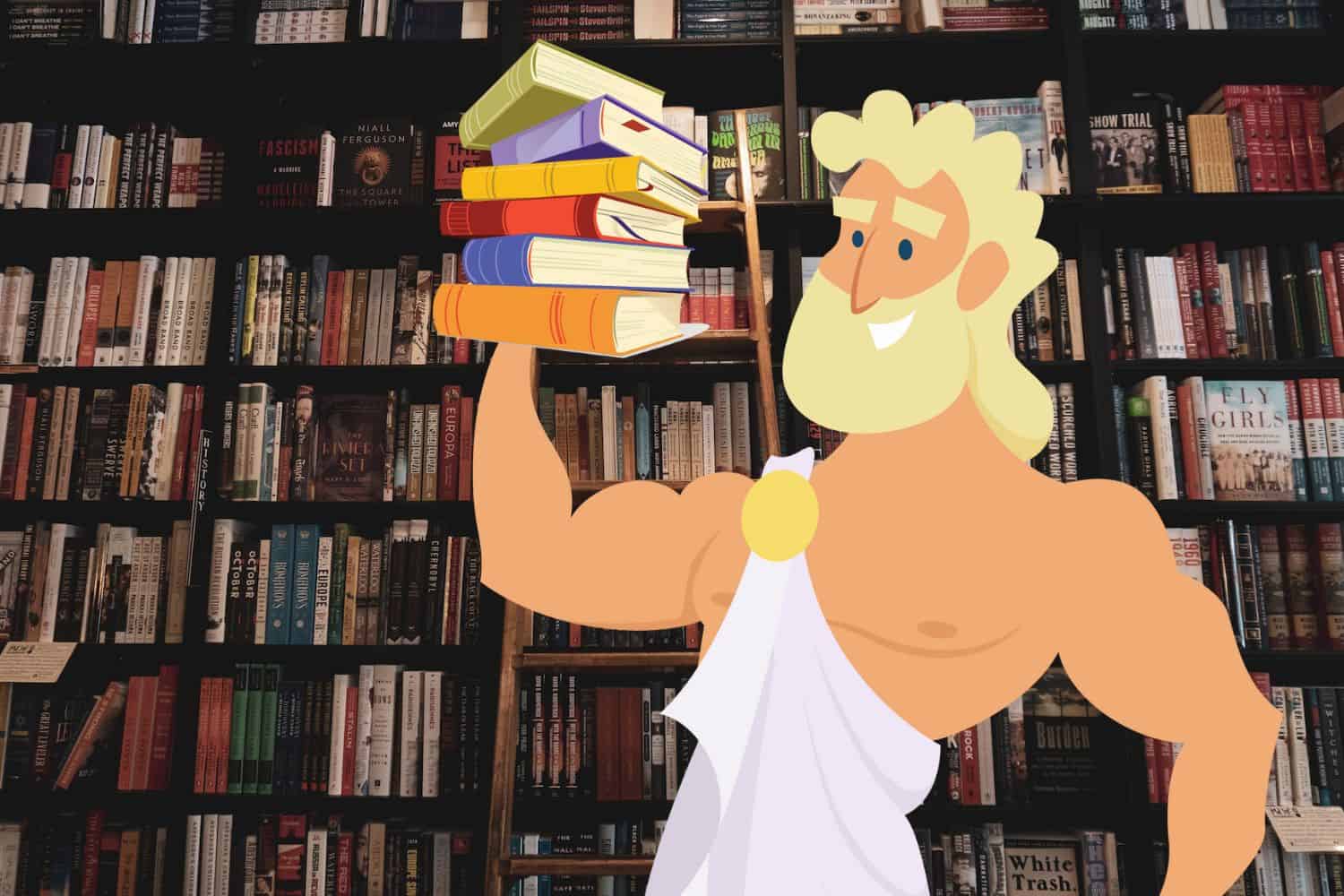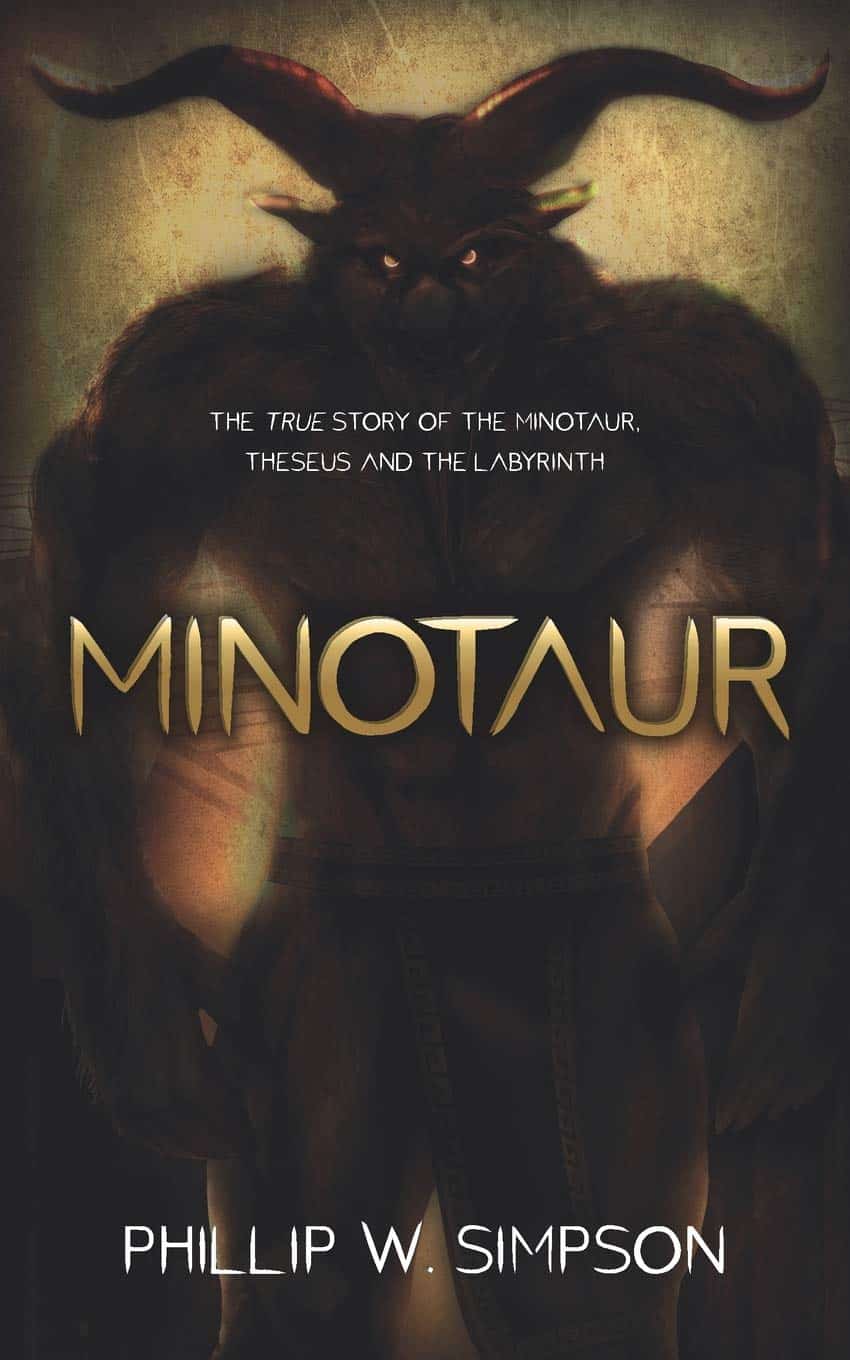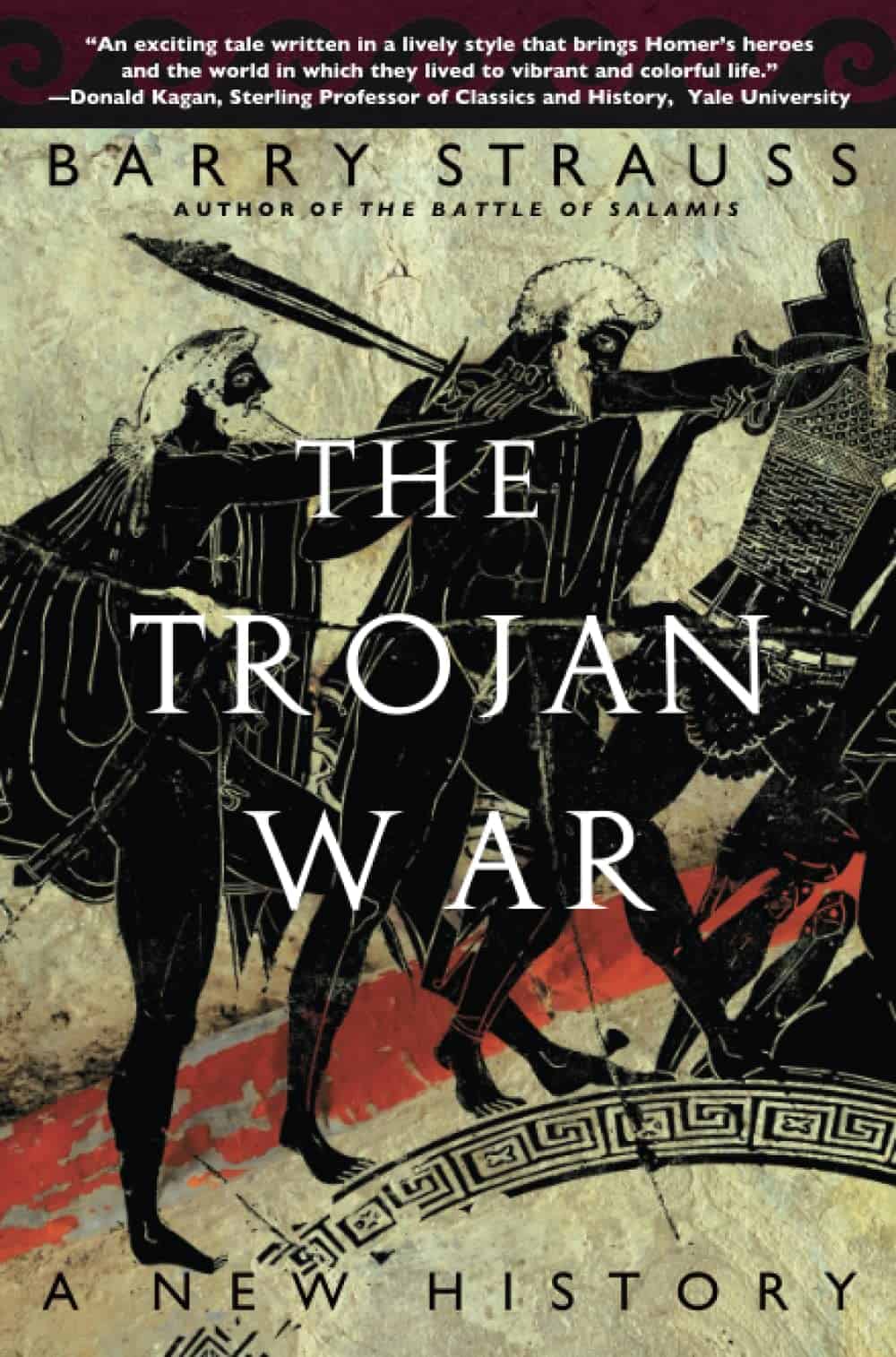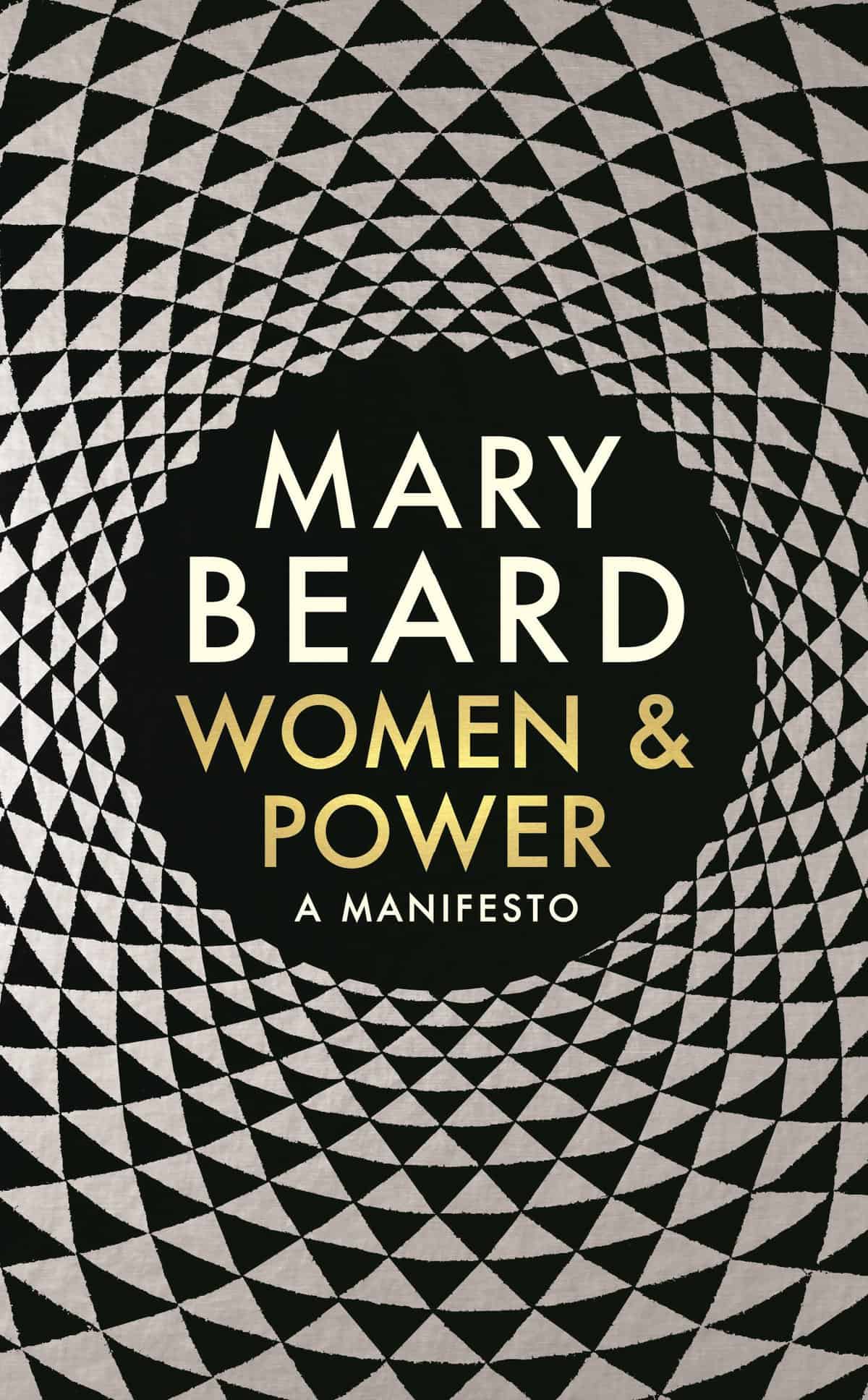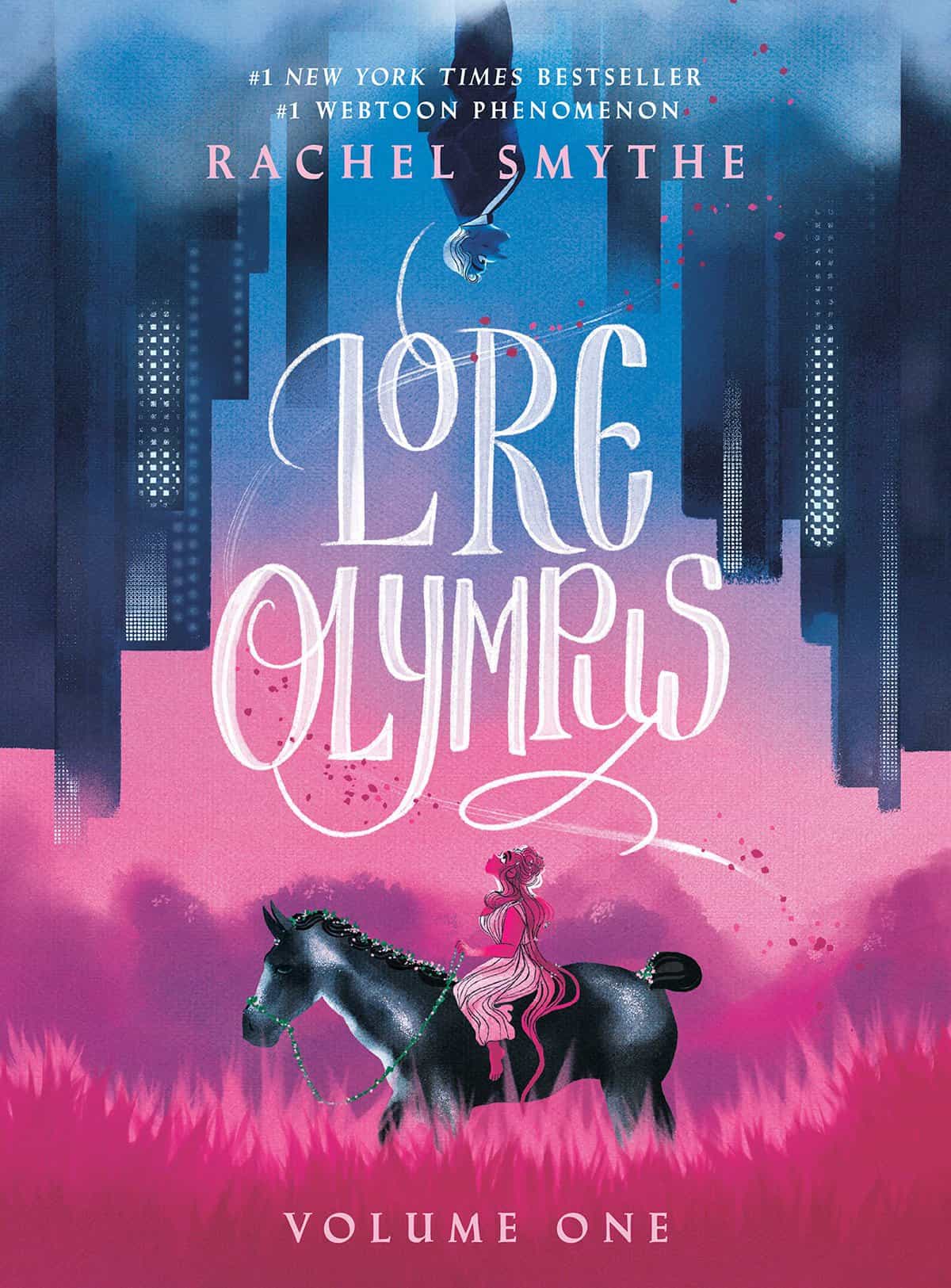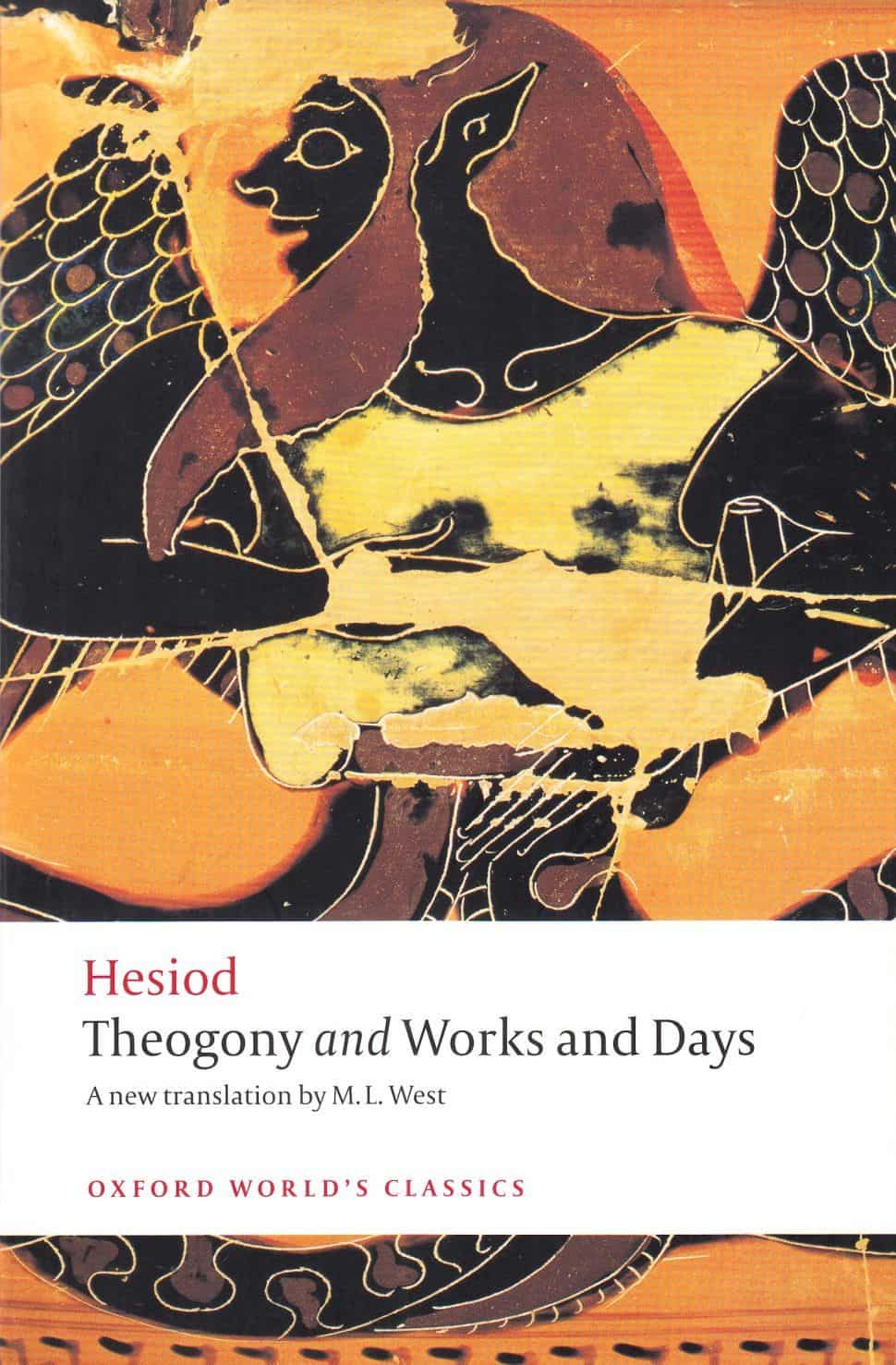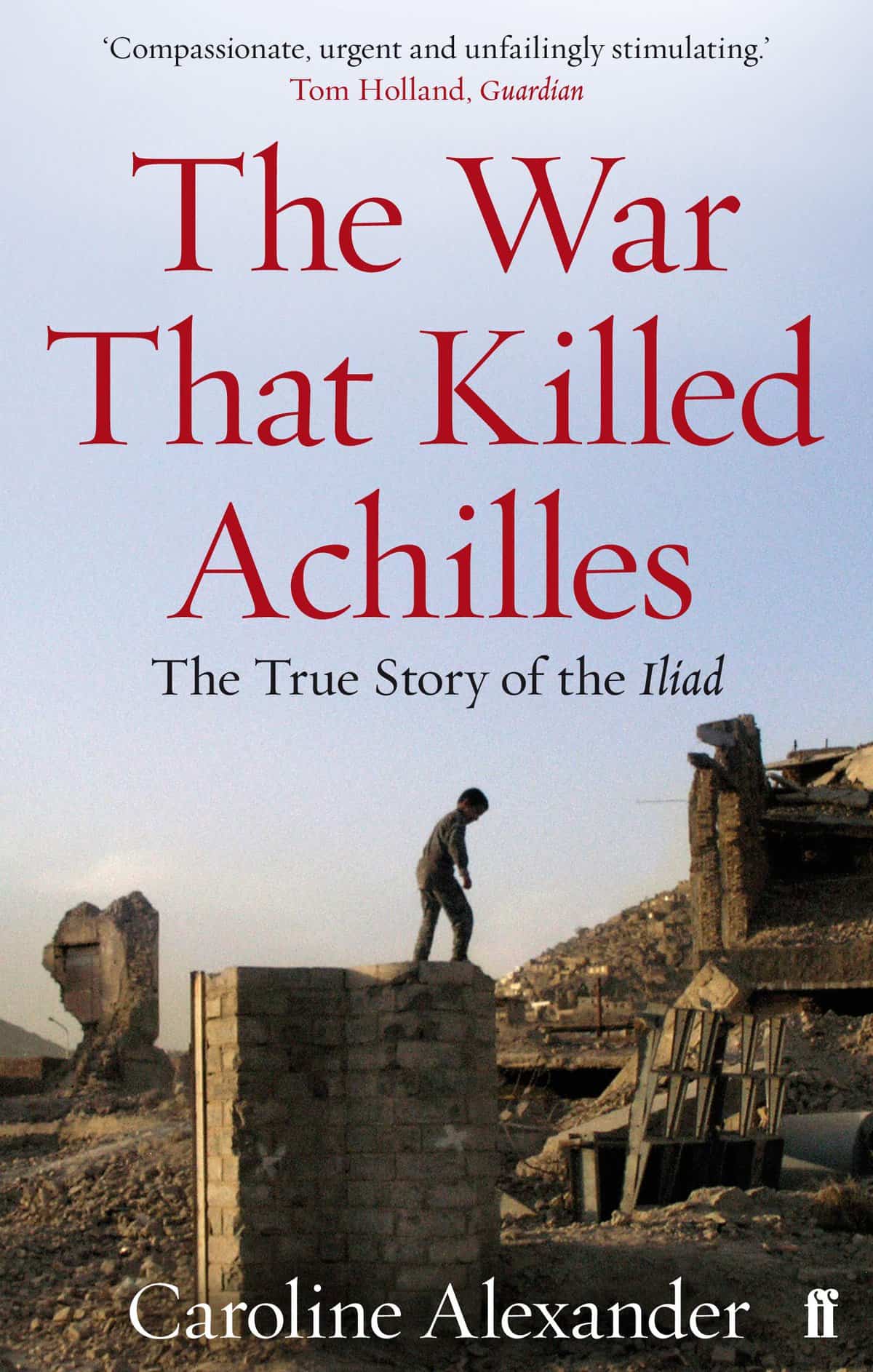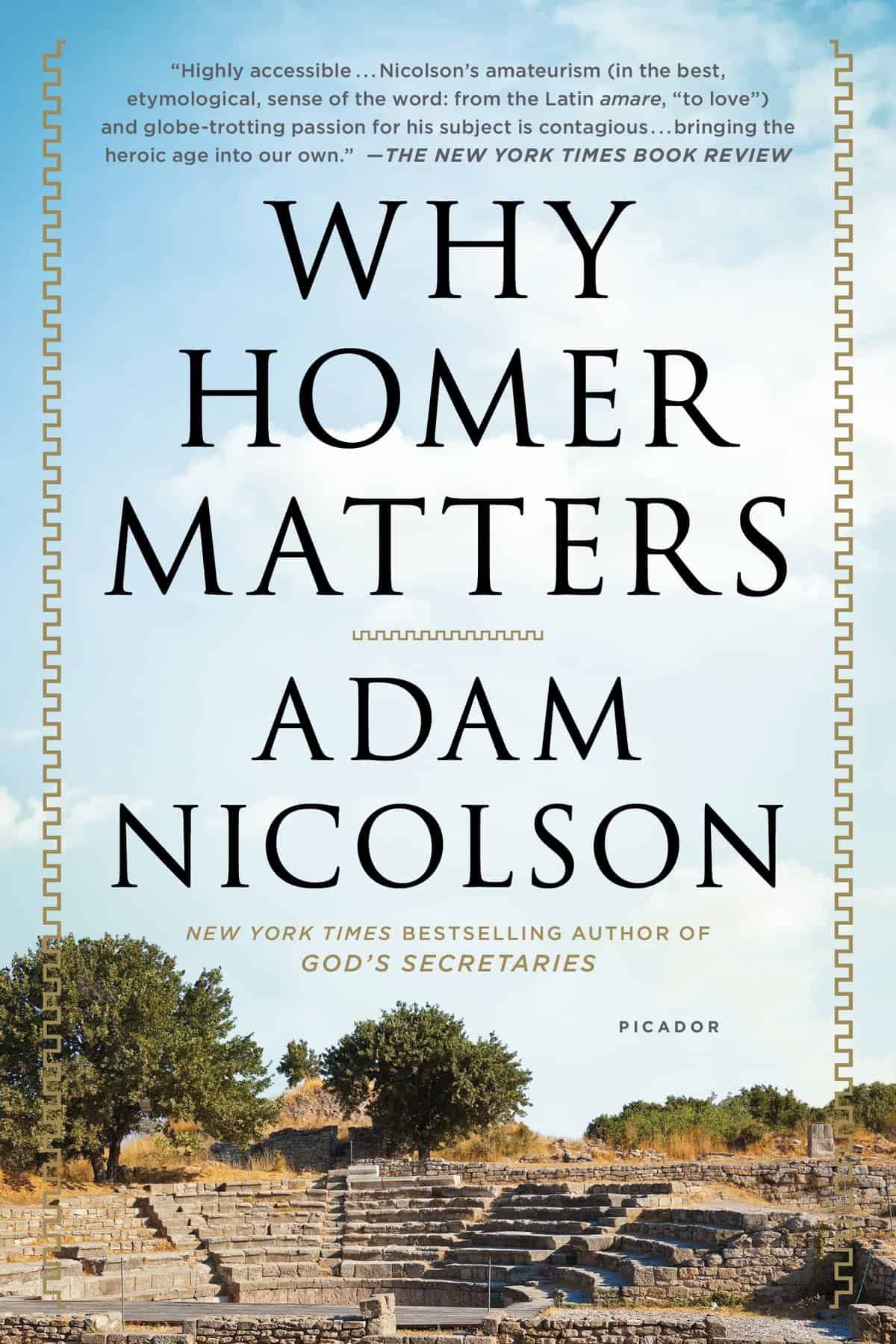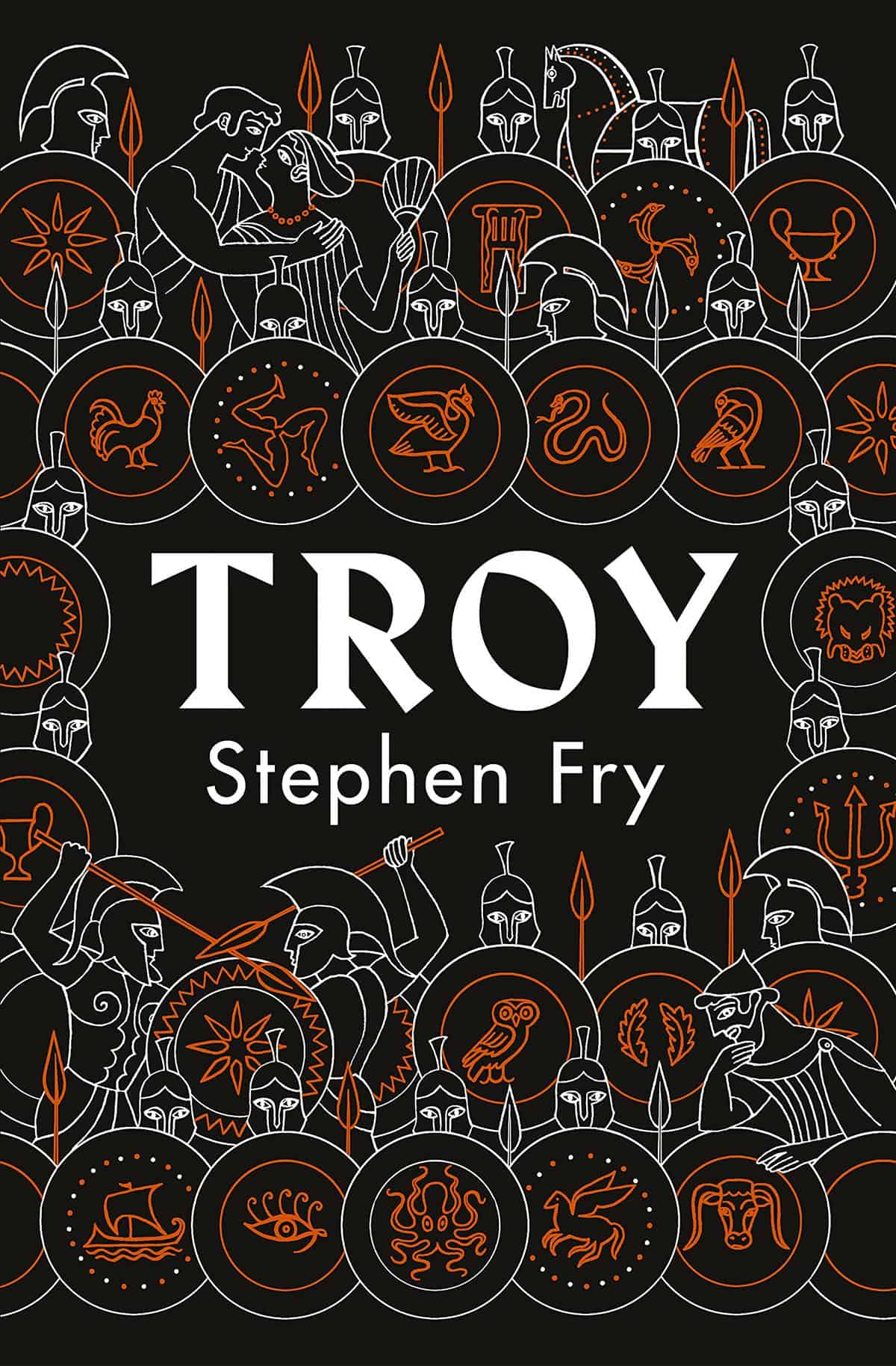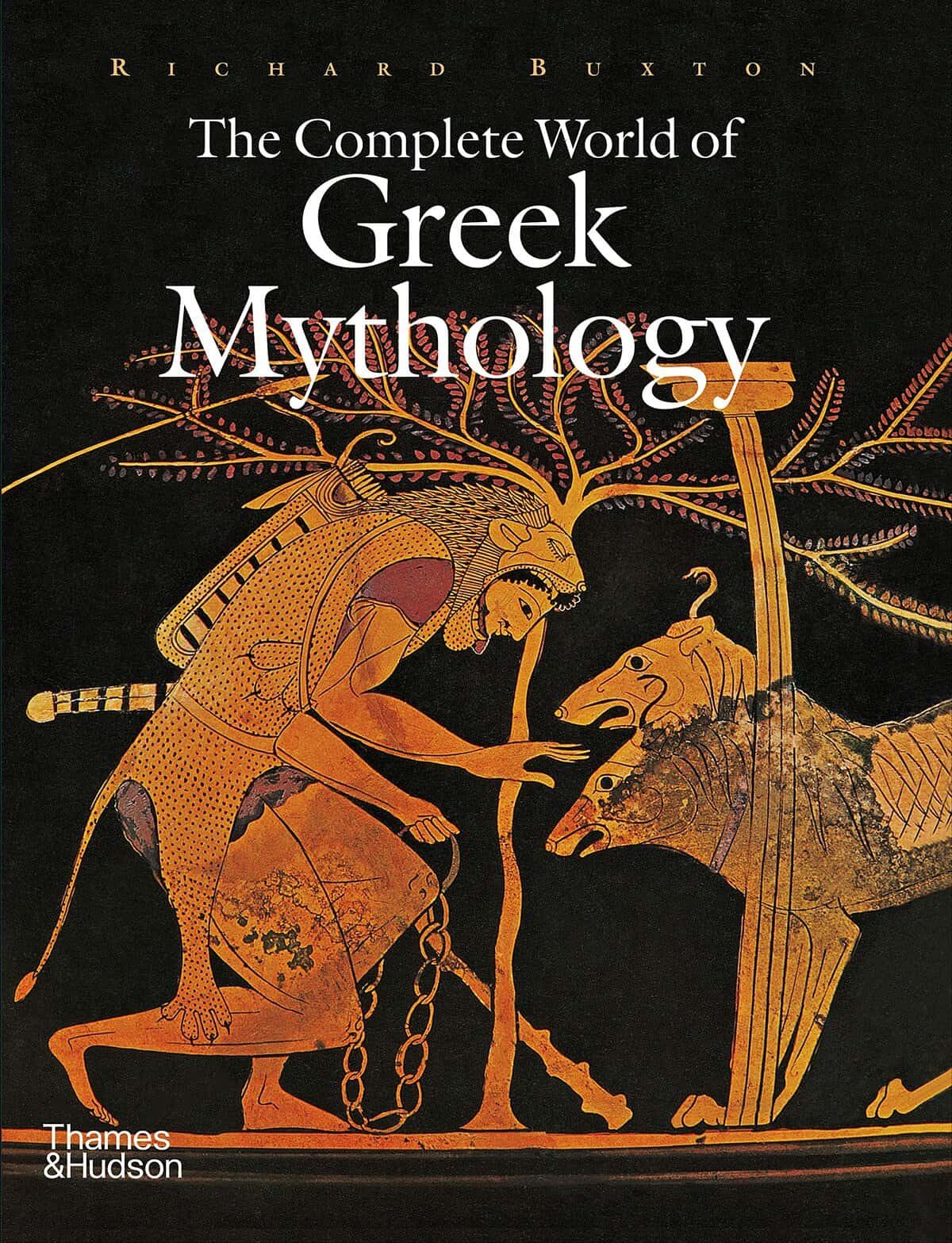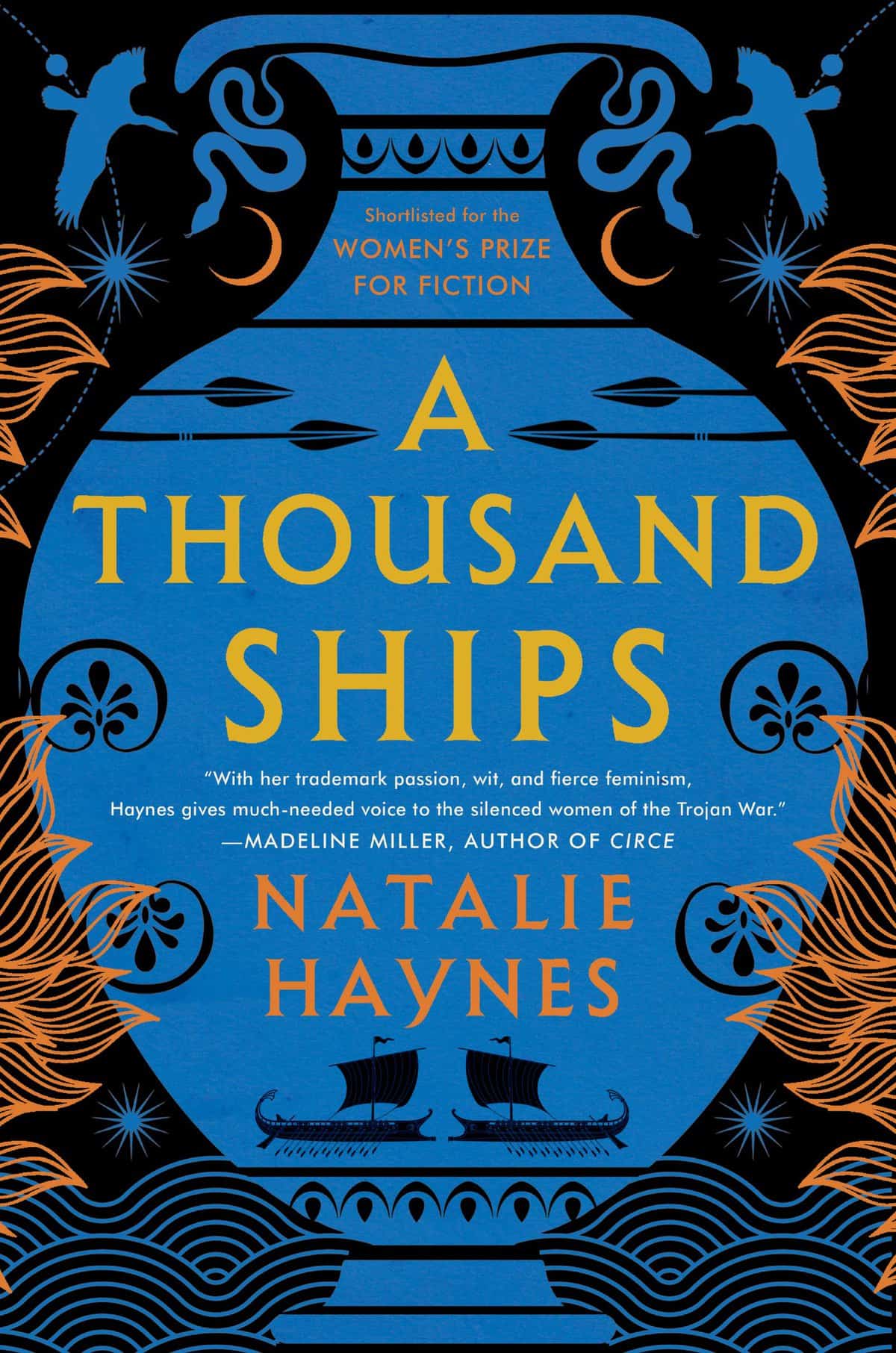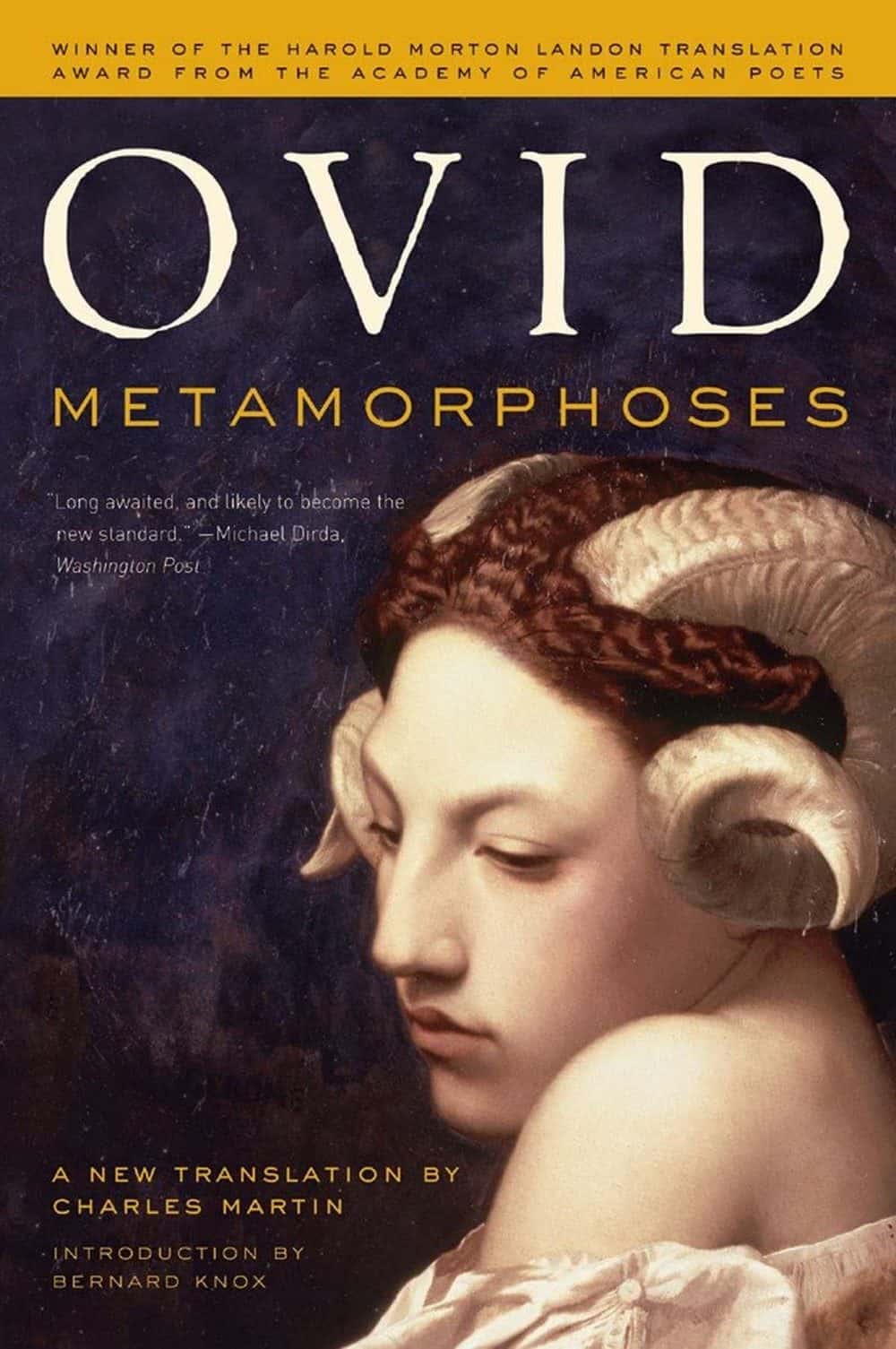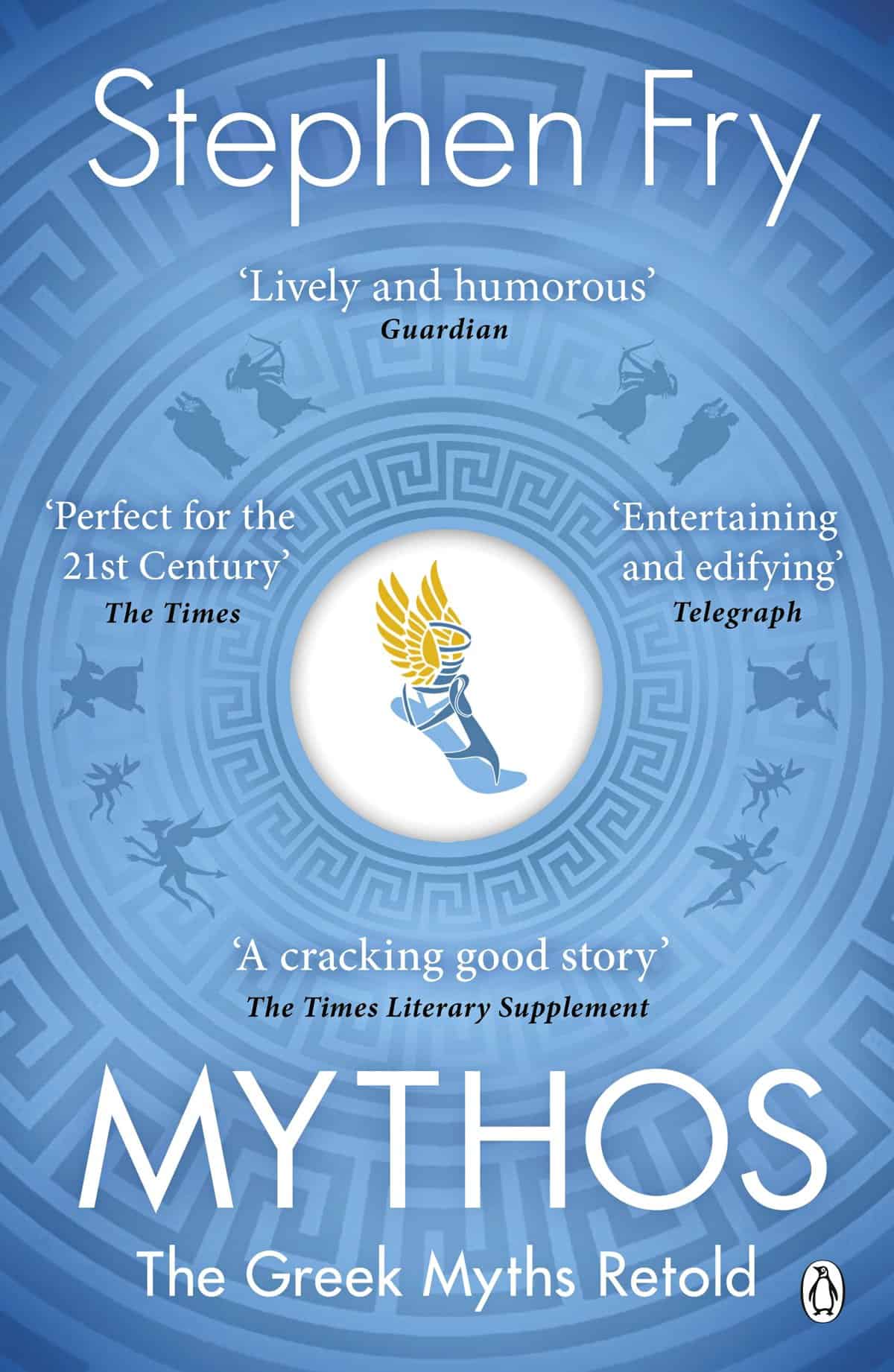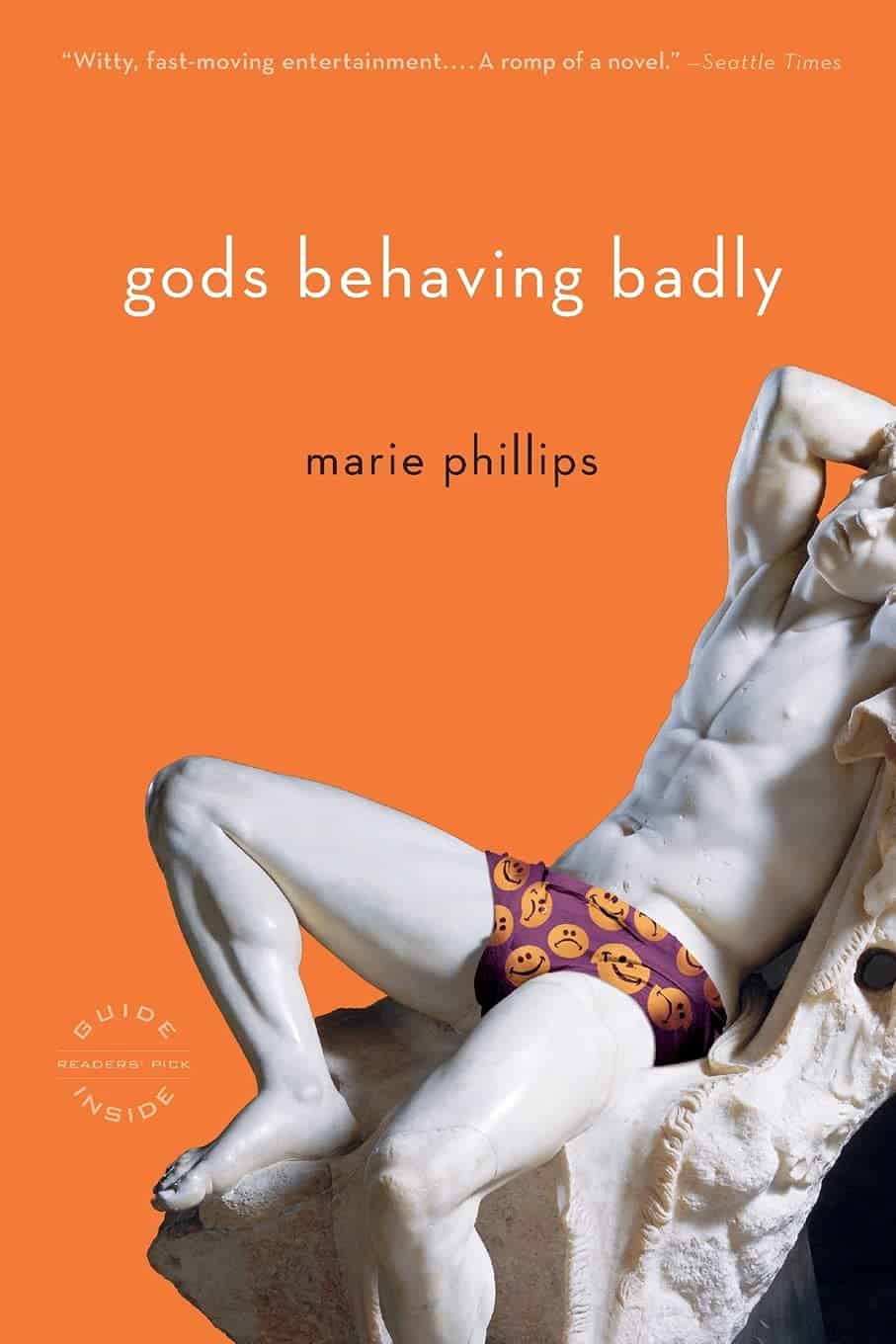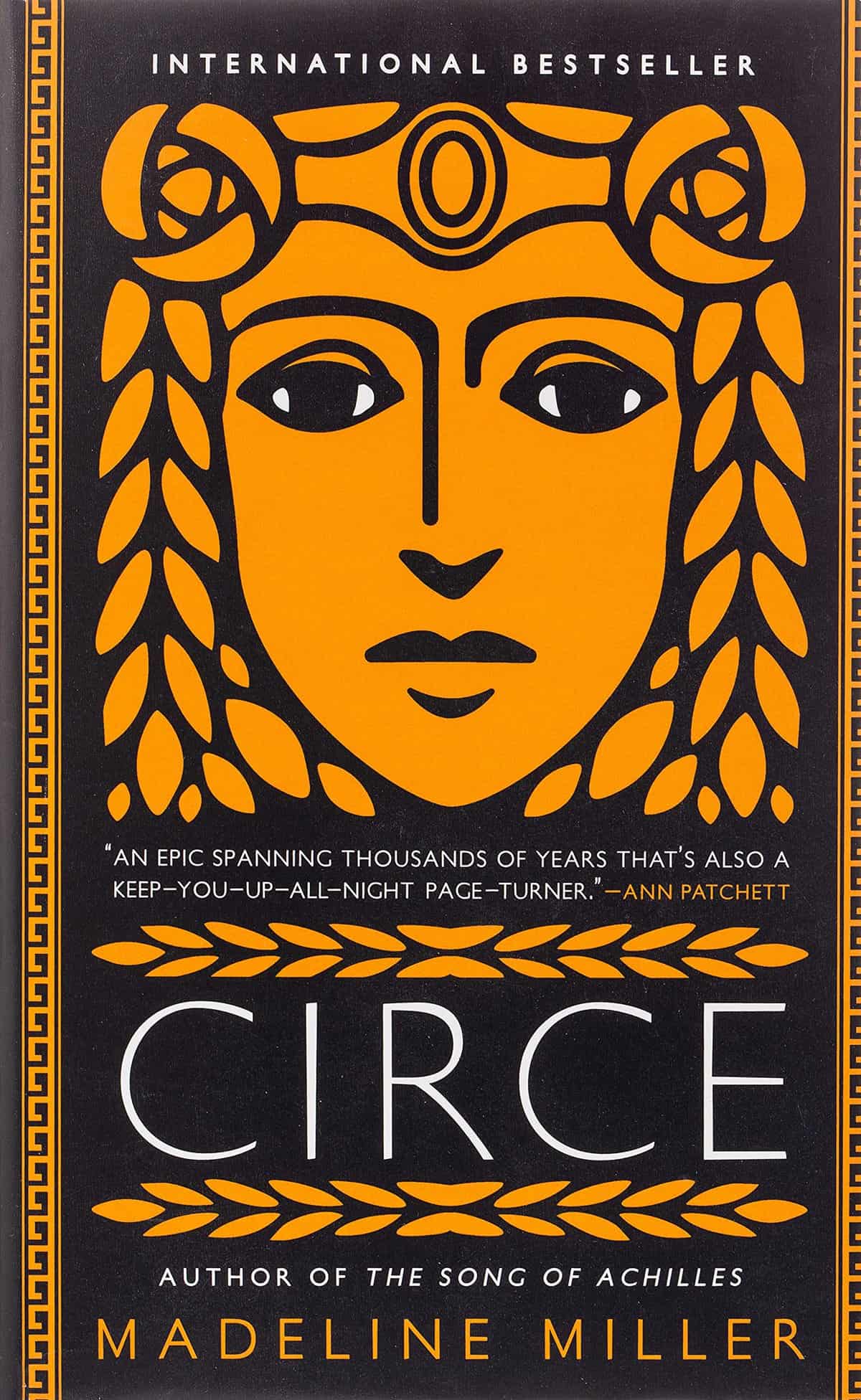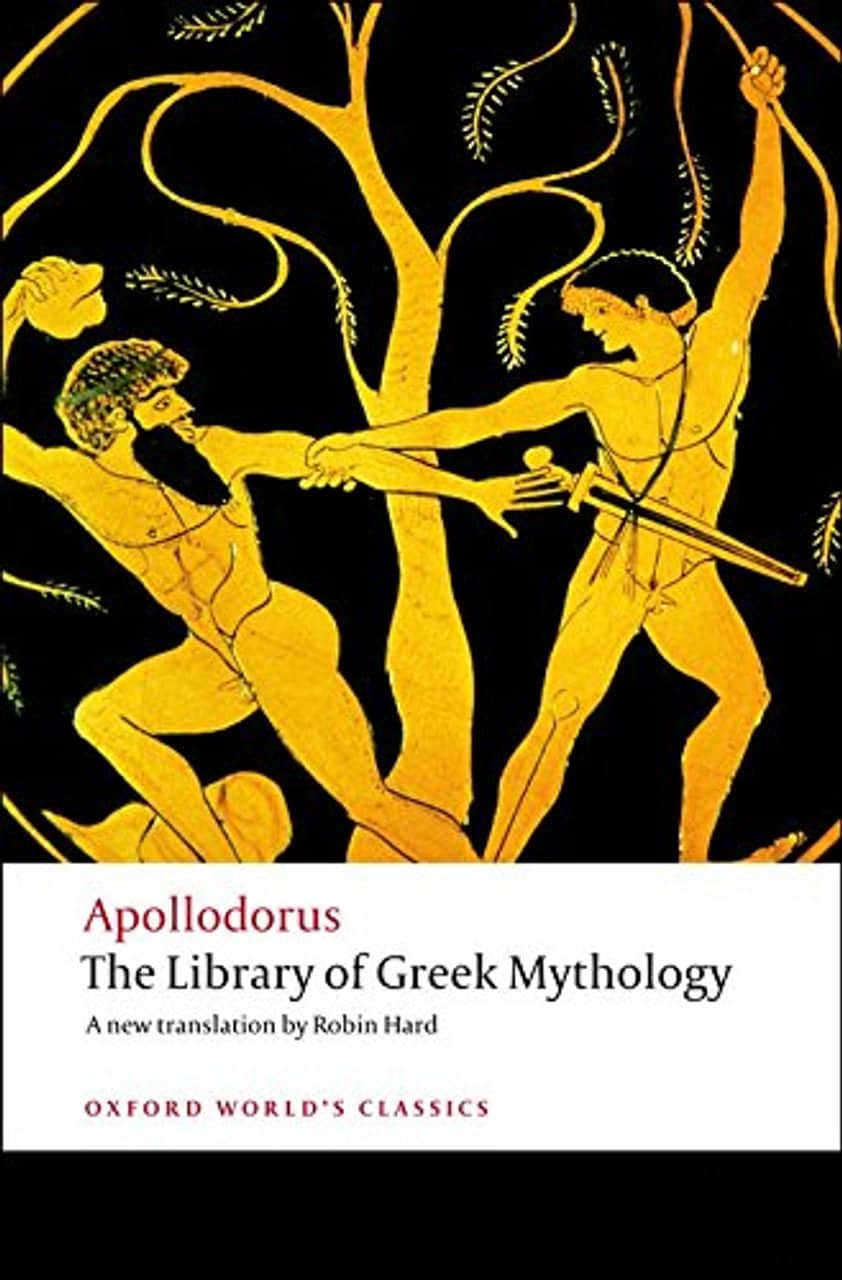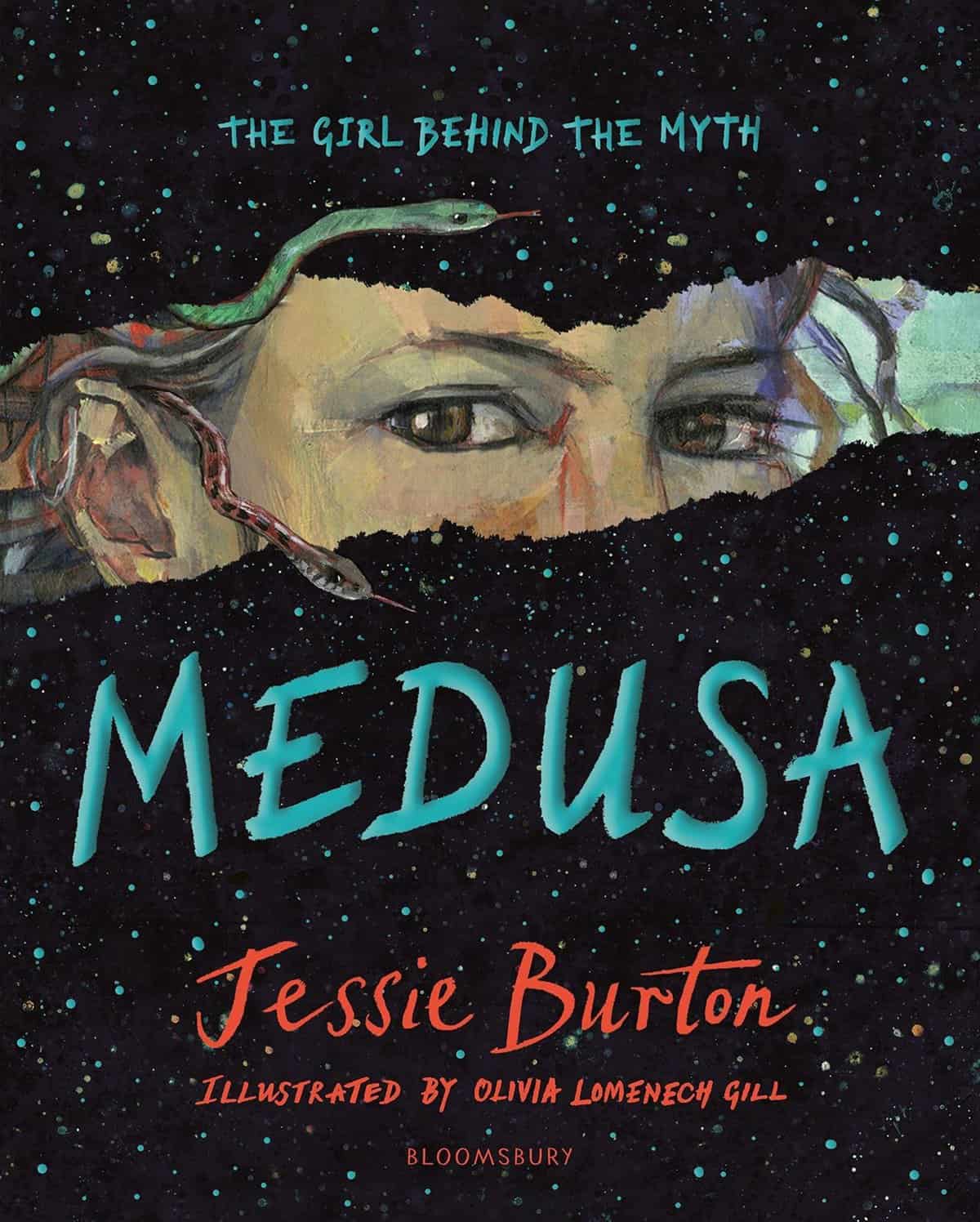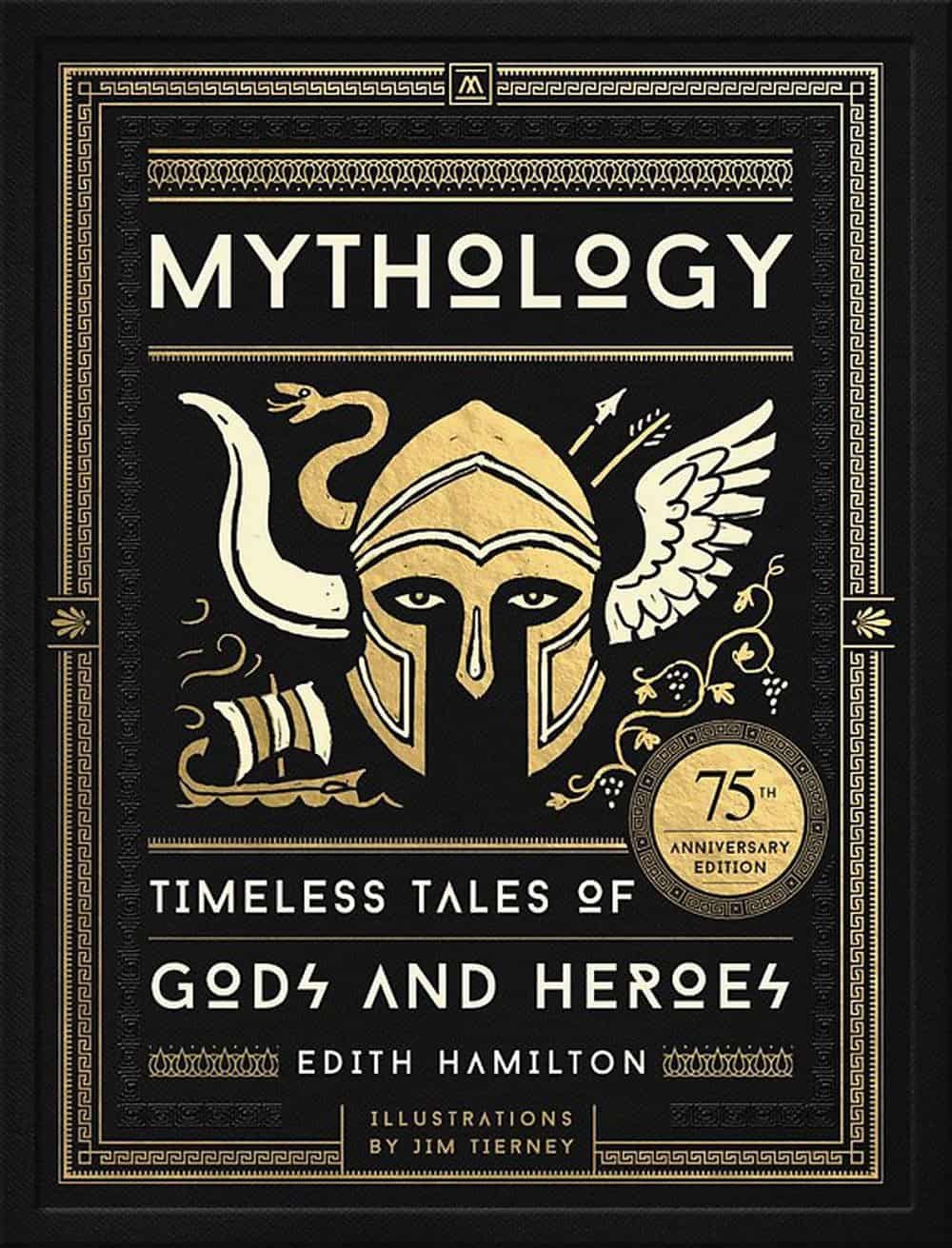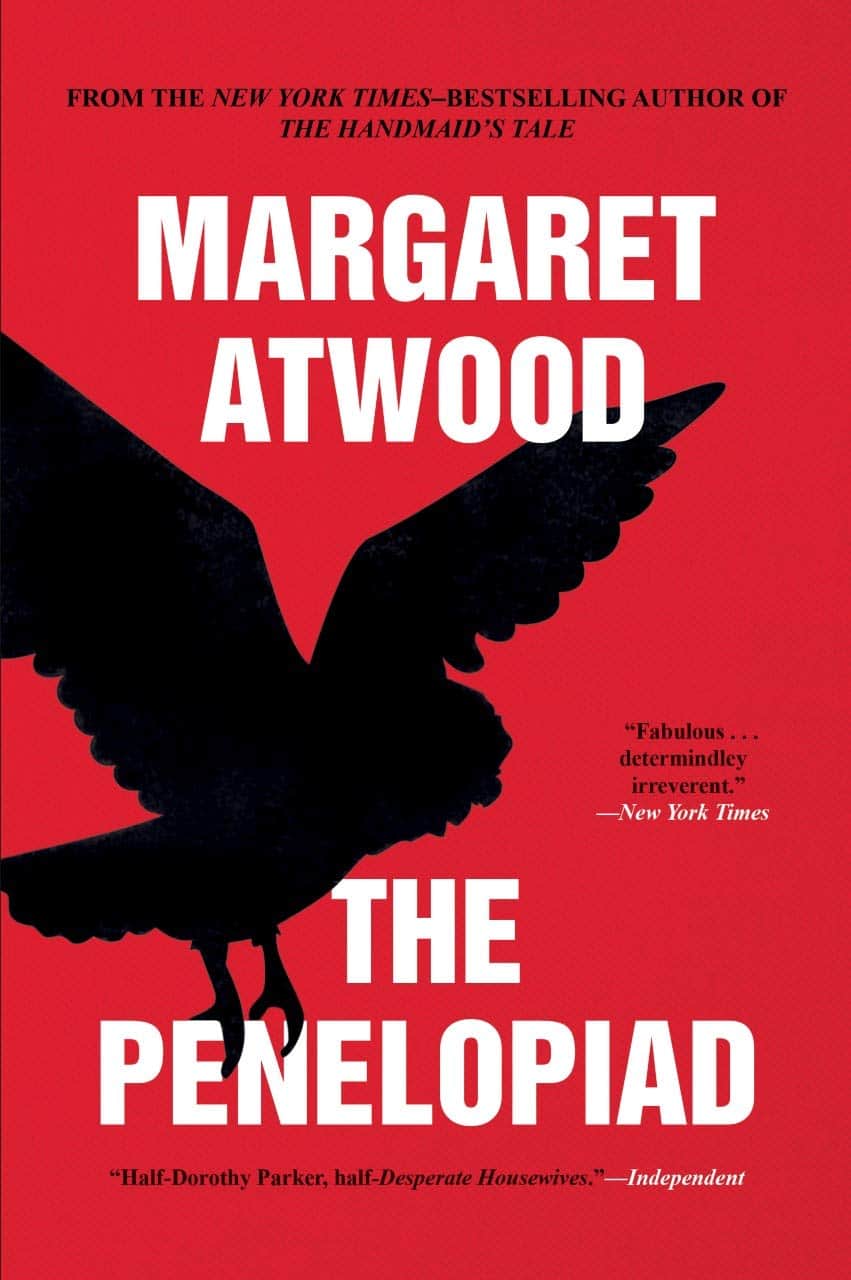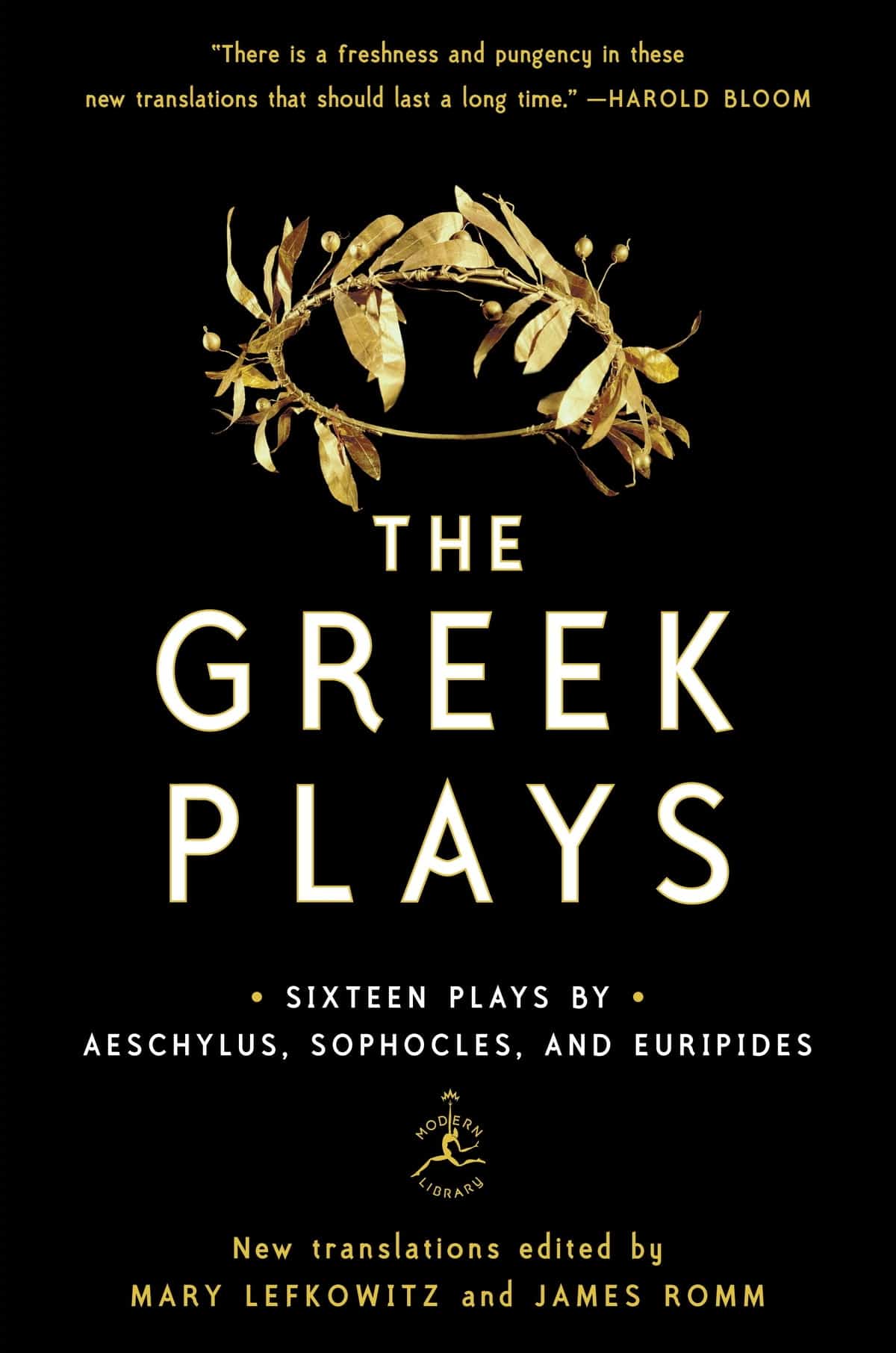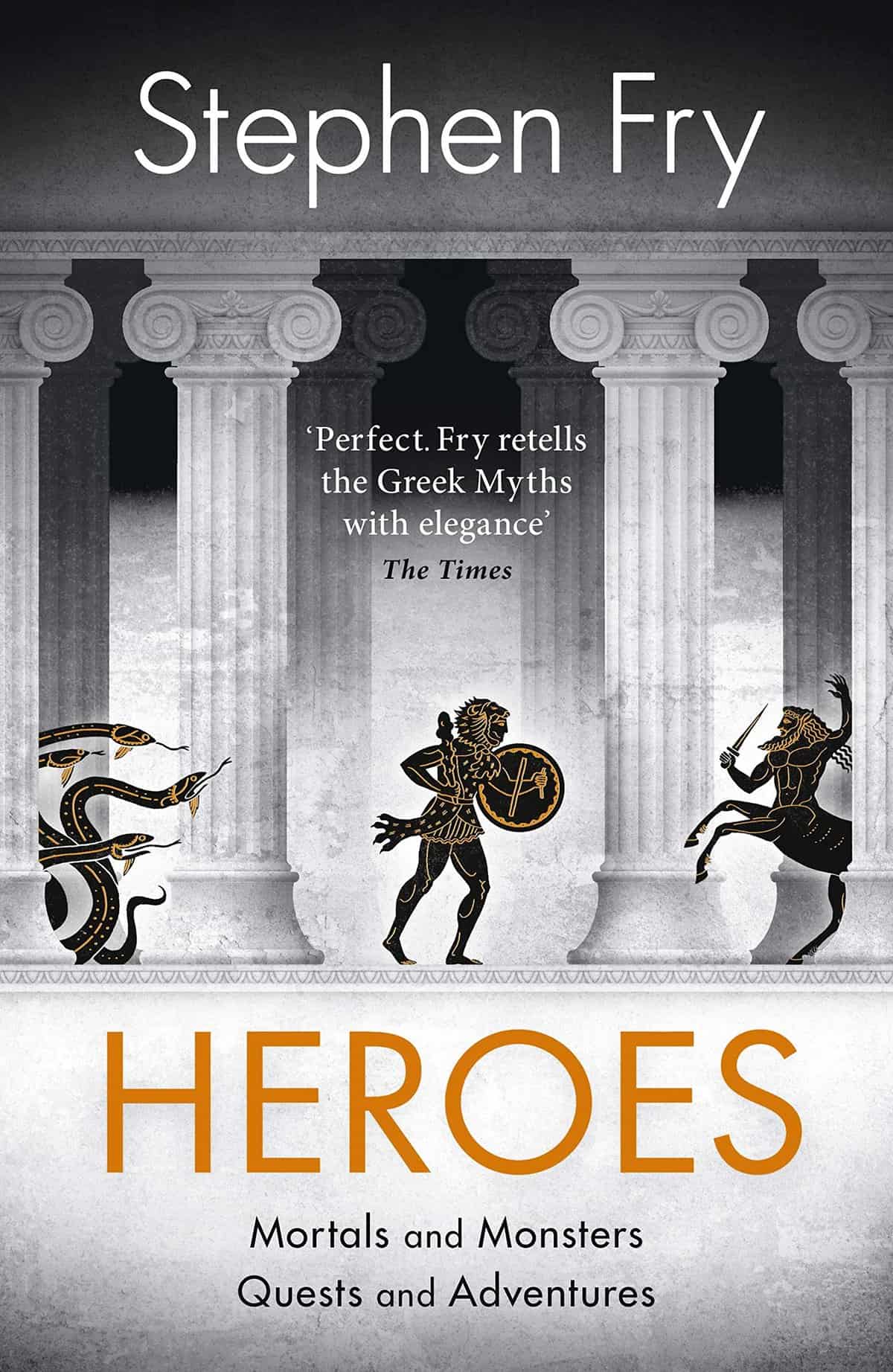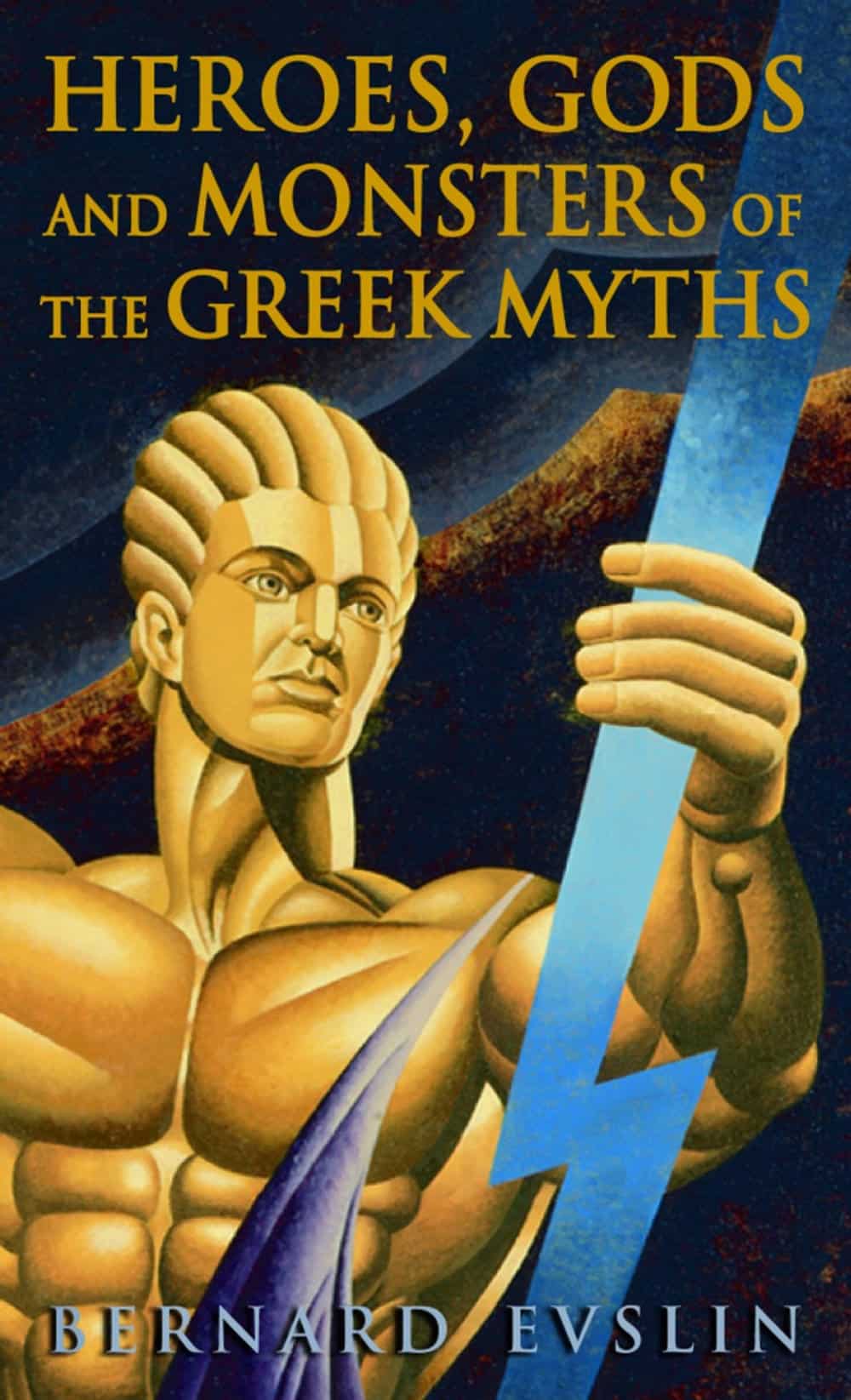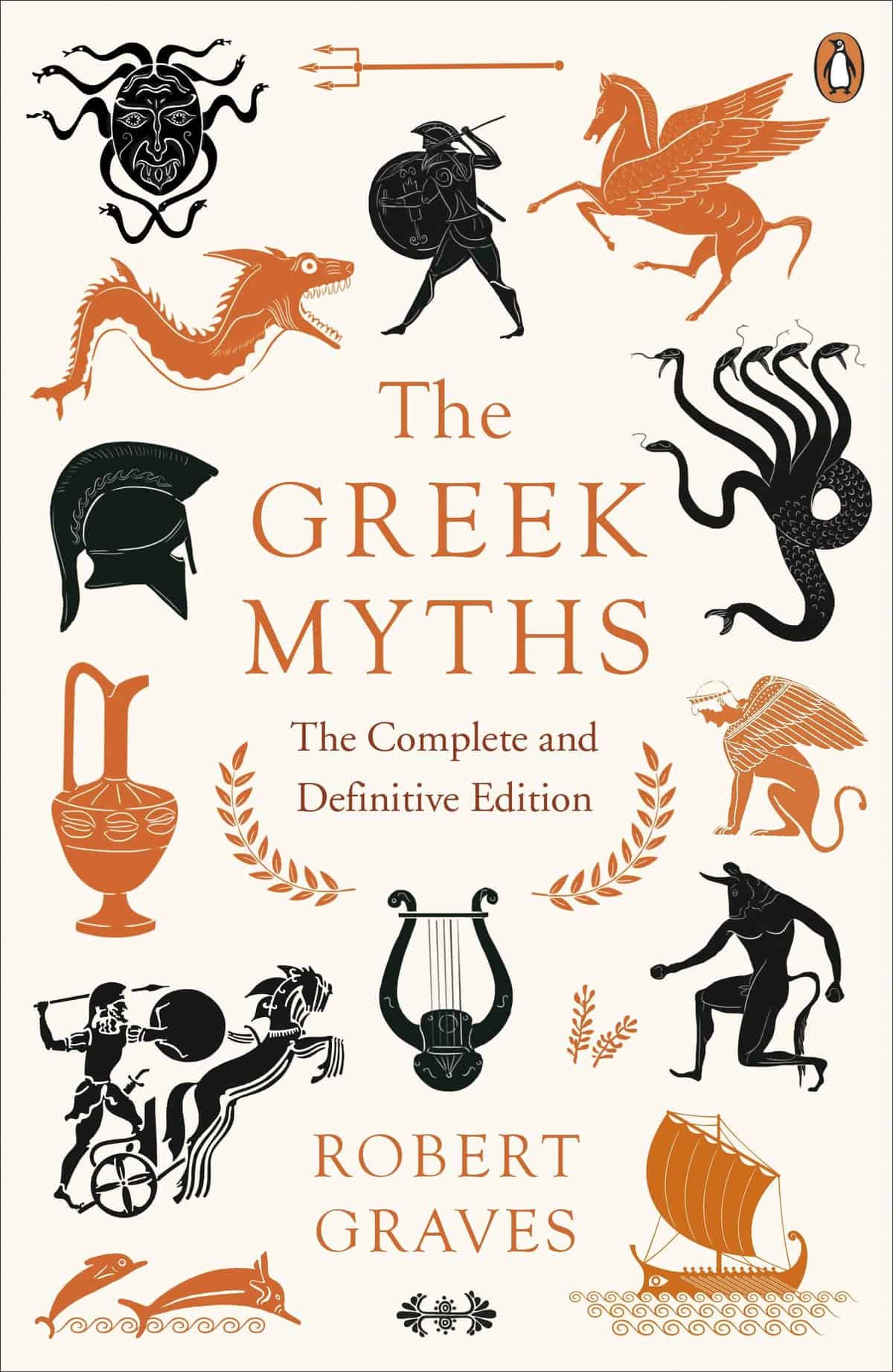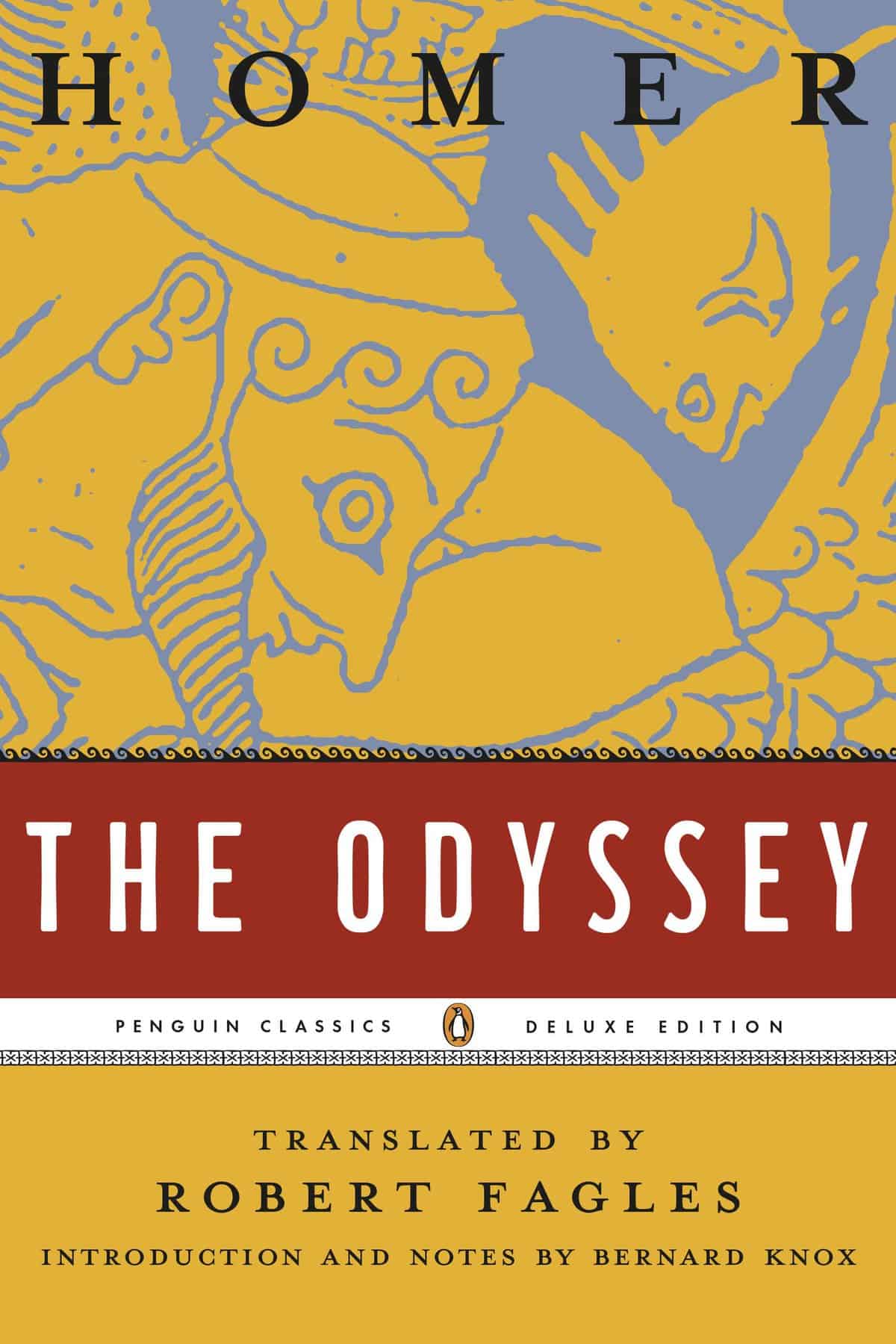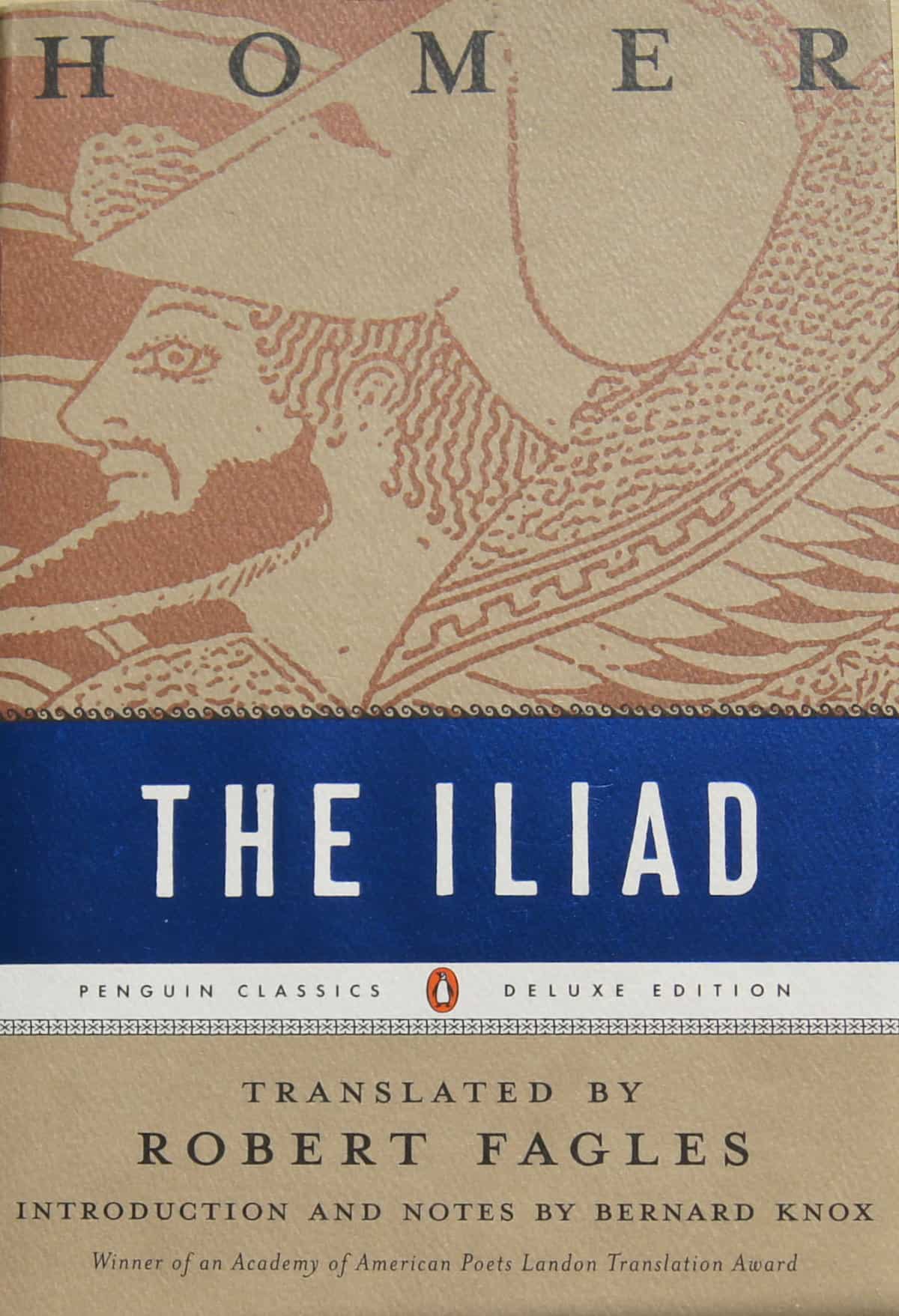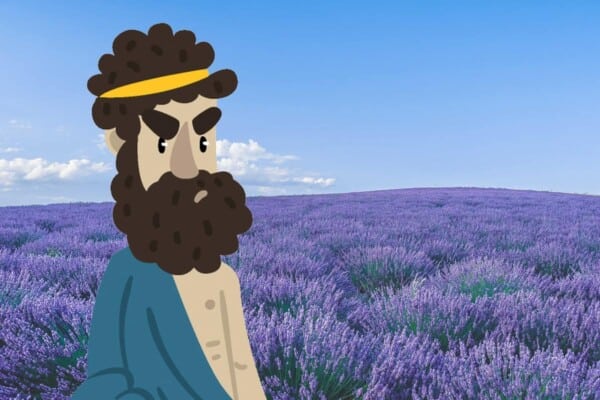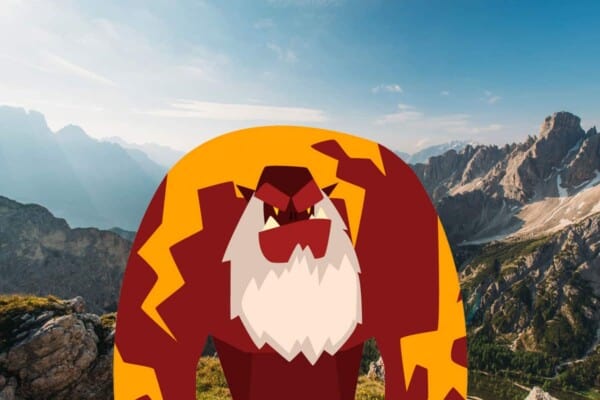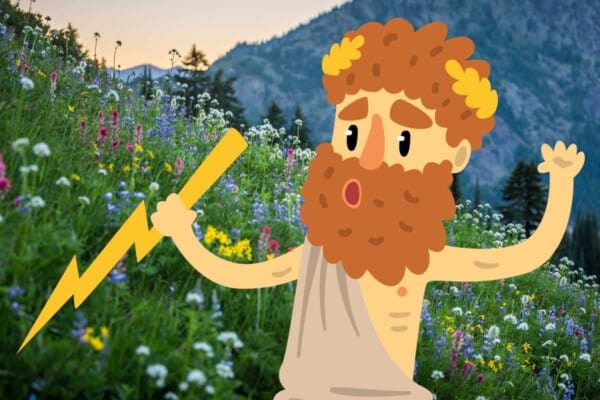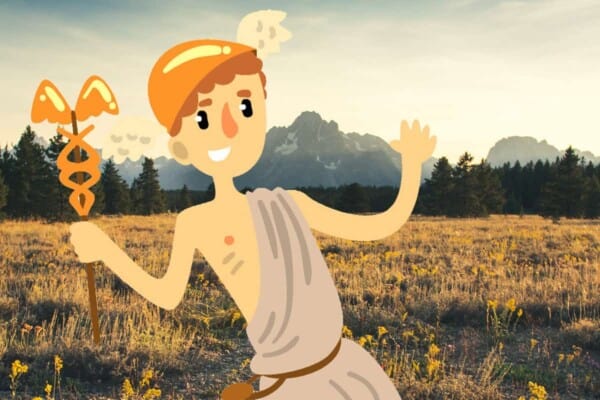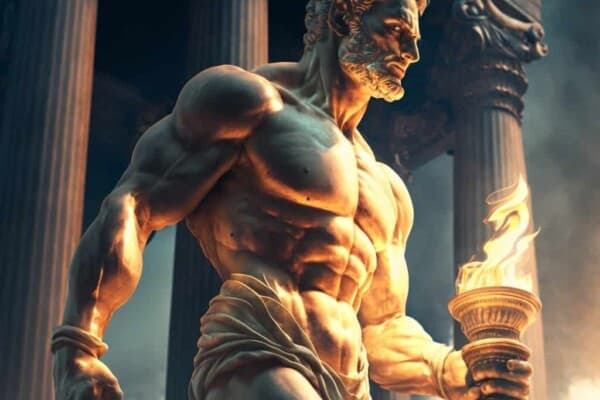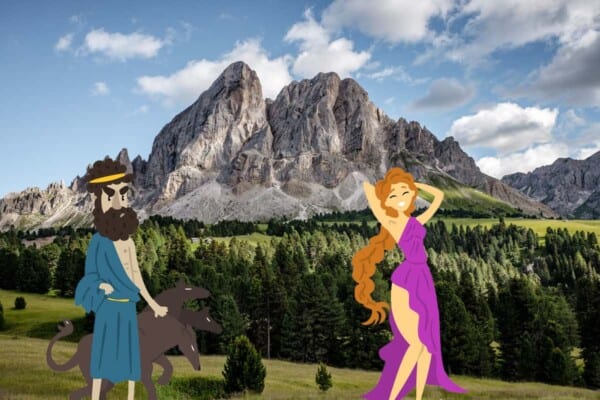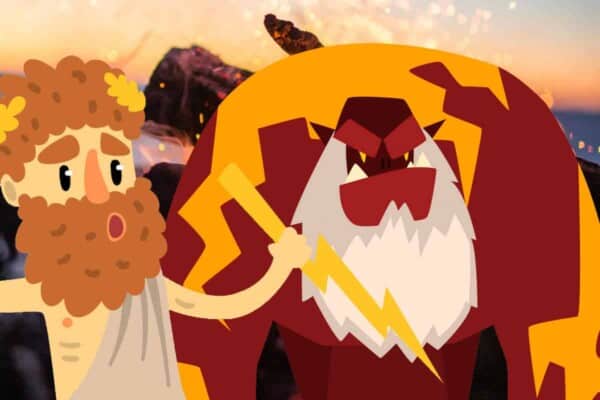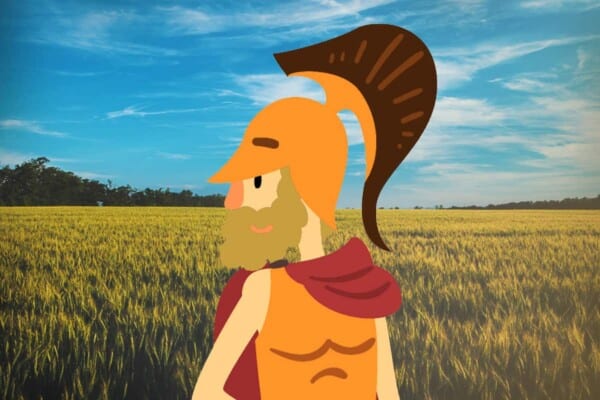Being a hero in Ancient Greece did not consist of doing small acts of kindness, such as saving a dog or an elderly person. Nor was anything about being a criminal figure with superpowers implied. In Greek culture, all it took to be considered a hero was to be blessed by the gods.
Mythology actually comes from the Greek words for “people’s story” (myth) and “word” (logos). So, we can say that mythology is the folklore that is passed from one generation to the next. It can be about anything from the mundane to the fantastic, but it always has something to do with the human condition or pain.
These tales were outlandish, full of ferocious witches, capricious gods, and fearsome warriors brandishing deadly blades. They were also very dramatic, with stories about families turning violent on each other, onerous tasks assigned by ruthless kings, love gone awry, wars, and tragic loss. There was enchantment, metamorphosis, monsters, and a journey to the underworld.
It was a realm shared by humans and immortals that was both dangerous and fascinating. And even though these tales were completely made up, the lessons they teach are just as applicable now as they were thousands of years ago, contributing significantly to the development of contemporary thinking.
For instance, sibling rivalry is a reality in every family. Countless innocent people are killed when wars break out. Men often use violence against women. Even the brightest minds sometimes fail to see the forest for the trees. A mysterious disease destroys cities all over the world. Life is shattered by floods and fires.
The political and religious context in which these legends were originally told has long since been forgotten, but the impact they had has not diminished in the 21st century. In a nutshell, they tackle the unavoidable realities of the human condition, whether it is through their depictions of abrupt, incomprehensible calamity, radical reversals of fortune, or arbitrary events.
If you’re a fan of mythology and are interested in learning more about the best writings devoted to the subject, you’ve found the right site. Therefore, you should consider these 25 Greek mythology books as an addition to your extensive library.
25. D’Aulaire’s Book of Greek Myths
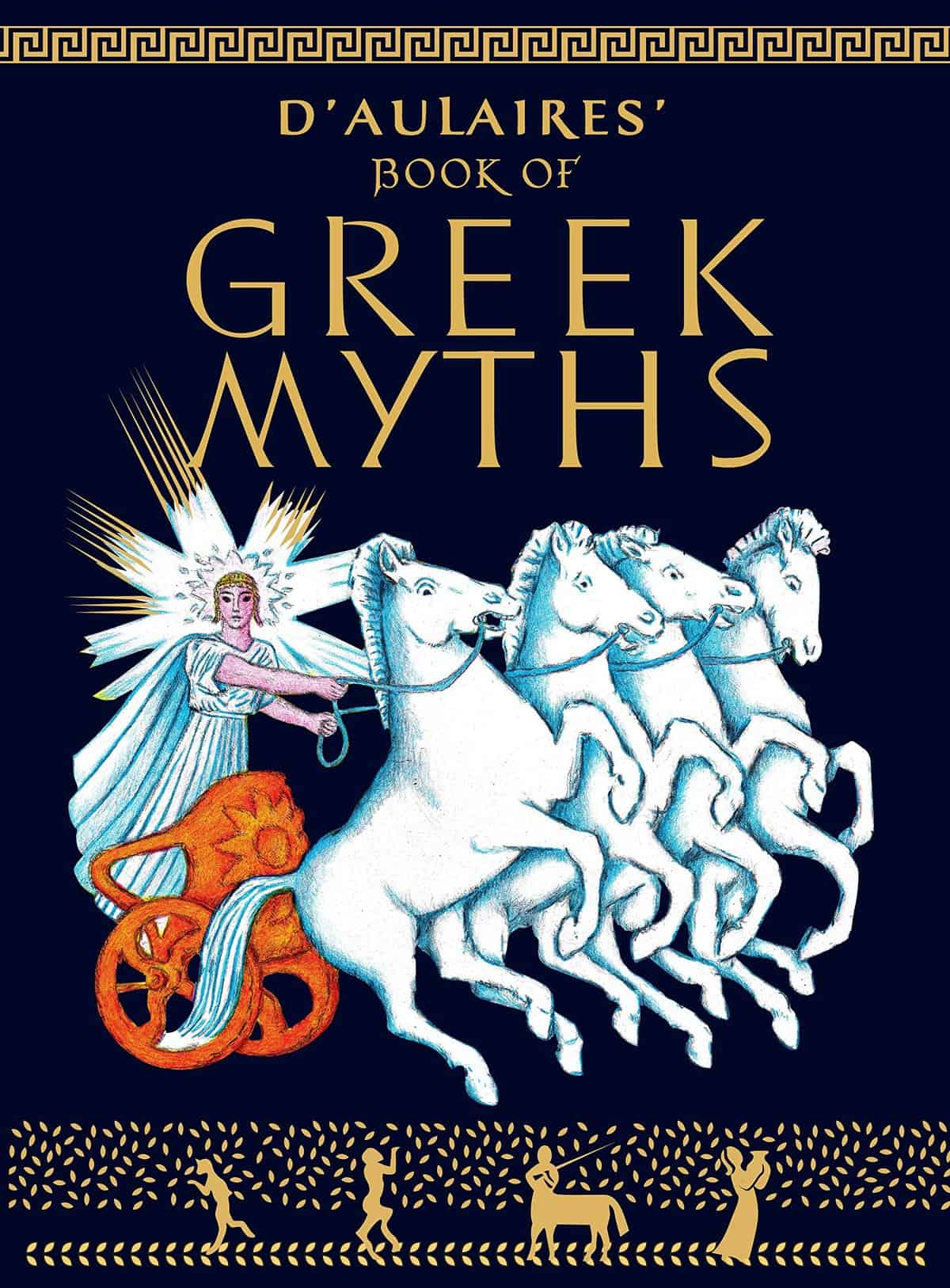
If you’re hunting for a book to introduce your child to Greek mythology, look no further. This comprehensive, beautifully illustrated guide tells the story of the pantheon of gods, from Zeus down to the deities’ human descendants.
Together, the fascinating stories and the stunning illustrations bring the gods and heroes like Hercules, Theseus, and Jason to life. Therefore, this timeless collection of Greek myths is a great way for young readers to learn about the wonders of myth and magic while also learning important lessons about the past.
24. Minotaur by Phillip W. Simpson
This magical realist (ish) tale is enjoyable to leaf through thanks to its unique first-person insider take on the Minotaur myth. Truth, perspective, hidden motivations, and the fibs we tell ourselves all play a part here. If you’re the type of reader who loves learning about the demonic, divine, and ghastly perspectives on Greek mythology, you’ll enjoy this story.
The plot moves quickly and neatly, and the characters are well-developed. Ovid, a Roman poet, and Ast, a towering individual who speaks with a thunderous voice, are the two primary figures. Nonetheless, the author could have done more to flesh out their personalities before cutting them off just when things were getting intriguing.
The novel moves from serious literature to something more akin to pleasant beach reading because of its shallowness. However, the book was saved from becoming tedious by a few profound and bleak passages.
23. The Trojan War: A New History by Barry Strauss
There are few wars more famous than the ten-year fight that began in Troy and ended with the loss of heaps of Greeks. More than two thousand years have passed since this tale first served as creative fodder, but it is still more accurate than ever.
In “The Trojan War”, annalist and rhetorician Barry Strauss reveals the story behind the war, from Homer’s writings in “The Iliad” and “The Odyssey” to Heinrich Schliemann’s breakthrough of old Troy in the late 1800s to recent archaeological digs that have found exciting clues about the legendary city of Troy.
22. Women & Power: a Manifesto by Mary Beard
With only 115 pages, this book is small enough to fit in even the tiniest purse or, if you’re really in the mood to stride out, the inside of an overcoat. However, to be clear, this context makes size unimportant, and there are two things you must understand.
The first is the significance of Mary Beard’s words: these are more than a few very useful stones for the catapults some of us feel we need to carry around with us right now. The second is that the author does not simplify anything, and this is where most of the book’s impact comes from.
21. Lore Olympus by Rachel Smythe
The compelling love tale between two Greek gods, Hades and Persephone, is brought to life with magnificent artwork and an enticing modern voice. Rachel Smythe’s sophisticated and forward-thinking retelling of a classic myth shows the gods’ after-hours shenanigans, such as backbiting gossip, lavish feasts, and unrequited love.
Through her sharp and passionate writing, Smythe brings the Greek Pantheon into the present in her Eisner-nominated webcomic “Lore Olympus” with an exclusive short story that is clean as a whistle.
20. Theogony by Hesiod, translated by M.L. West
Homer’s contemporary, the epic poet Hesiod, flourished in Boeotia around 700 BCE. We were able to find more about Hesiod since his poetry contains some personal facts, even though unreliable. His father was from Kyme, a significant seaside city in the region of Aeoli that is now Turkey.
Hesiod resided and worked at the base of Mount Helicon, where he encountered the nine Muses. So, he started his song about the Gods’ race. Theogony provides a comprehensive genealogy of the gods from the start of time, as well as a description of their violent struggles before the establishment of the current order.
19. The War That Killed Achilles by Caroline Alexander
Both sides desire nothing more than to end the conflict and return home. Achilles, Homer’s magnificent conception of an incandescent hero, quarrels with his leader, Agamemnon, but eventually comes back to the battlefield to revenge for the death of a comrade.
Few warriors, in reality or in literature, have attacked their commanding officer with as much ferocity as Achilles did. Therefore, this book explores the fundamental questions that define every age’s military experience and the justification for the war they fought.
Is it ever acceptable for a warrior to challenge his commander? Must he give up his life for another’s cause? Should a man who sacrifices his life for his country forsake his family? How is a terrible conflict ever permitted to begin, and why, if all parties desire its conclusion, cannot it be stopped?
18. Why Homer Matters: A History by Adam Nicolson
In Adam Nicolson’s view, the Iliad and the Odyssey serve as the cornerstones of Greek and Western awareness, rendering the ancient Mediterranean world as relevant to us as the happenings of the present day. “Why Homer Matters” is a fascinating journey of discovery spanning vast expanses of the past, woven together by the analogies of life and adversity.
As Adam Nicolson writes, Homer’s poems take up “the third space” in the manner we connect to the old days; not as a recollection, which endures no more than three generations, nor as unbiased records of history, but as iconic poetry that aims to heal the scars that time inflicts.
17. Troy by Stephen Fry
There is both bravery and villainy, love and loss, vengeance and sorrow, as well as yearning and hopelessness in the story of Troy. These human emotions, etched in the sands of a long-ago bloody beach, continue to resonate with us now.
This work of art by Stephen Fry is a pleasure to read and handle as the author gives the story of Homer a thoroughly contemporary spin. In a cutting-edge retelling of the circumstances leading up to the conflict and the colorful ensemble of Greeks and Trojans who eventually went to war, the book has much to offer serious mythology aficionados.
16. The Complete World of Greek Mythology by Richard Buxton
Why, many centuries and cultural shifts later, do versions of Greek tales reverberate in so many different places? Bestselling author Richard Buxton delves into the contemporary relevance of eight of the most famous Greek stories in „The Complete World of Greek Mythology”.
According to Buxton, each of the eight main myths is crucial to how we perceive ourselves and the world. For example, the character of Prometheus inspired Mary Shelley and Ridley Scott, the drama of Medea has had a significant impression on theatre, feminism, and even criminal justice, and the influence of Oedipus extends well beyond Freud.
The rich aesthetic heritage inspired by Greek myths, from ceramics to sculptures to popular culture, illustrates this expansive and sometimes startling study, making this book both a lovely object to own and a thought-provoking read.
15. A Thousand Ships by Natalie Haynes
A woman is startled awake in the middle of the night to find that her hometown is currently engulfed in flames. After what seemed like ten years of nonstop fighting, the Greeks and the Trojans have finally reconciled their differences. Sadly, Troy has been destroyed. So, this was never the tale of just one lady, or even two. It was the story of them all.
These are the stories of the women whose existences, loves, and conflicts were forever changed by the long and terrible war; from the women of Troy, whose futures depended on the Greeks, to the Amazon princess who fought Achilles on their side, to Penelope, who longed for Odysseus to come home.
14. Metamorphoses by Ovid, Translated by Charles Martin
The remarkable stanzas of Ovid, whose metaphor of evolution has resounded throughout the ages, are one of the most important works of Western fiction, serving as inspiration from the time of Dante up to the present day when authors like Salman Rushdie and Italo Calvino have unearthed a living reference in Ovid’s work.
Charles Martin’s adaptation of Ovid’s writings retains a high level of accuracy while also capturing the original’s vivacity and swiftness in poetry. As a whole, we love Martin’s decision to update the masterpiece in a more contemporary style, which tends to make the book more approachable and also more like a pastiche of many familiar legends filled with great puns.
13. Mythos by Stephen Fry
Stephen Fry has put together the most important stories from Greek mythology. He starts with Chaos, the first god, and the creation ex nihilo, or the birth of the universe. He then moves on to Gaia, Tartarus, Erebus, Nyx, Hemera, and Aether, or the Earth, the Abyss, the Shadows, the Night, the Day, and the Light.
The author does a fantastic job of elucidating the creation of life, the origin of the Titans, the Olympian gods, the nymphs, the minor gods, and the evolution of the planet. He also does brilliant work in organizing all these myths into a coherent storyline.
Without sacrificing any of the myths’ awe-inspiring magic, Fry reimagines Zeus and the Olympians’ exploits as touching and hilarious tales. Mythos gives new energy to classic stories like “Pandora’s Box” and “Prometheus’s Fire” while embracing the drama, majesty, and unashamed pleasure of the Greek myths.
12. Gods Behaving Badly by Marie Phillips
The lives of Greek gods aren’t as dazzling as they used to be in Marie Phillips’s novel. There are still twelve gods of Olympus in the modern era, but they all live in close quarters in a London townhouse, and they’re not too pleased about it, as they’ve all had to take mundane jobs to make ends meet.
Artemis now walks dogs, Apollo reads horoscopes on television, Aphrodite answers sexual-related phone calls, and Dionysus spins records. A little disagreement between Aphrodite and Apollo quickly develops into a full-blown war of words.
Alice and Neil, two confused individuals involved in the disagreement, have reason to fear for their own existence as well as the fate of the human race. To save the world, nothing but a real act of heroism will do. But can two people who are otherwise pretty normal do the impossible?
11. Circe by Madeline Miller
This outstanding book by Madeline Miller explores well-known tales from a distinct angle. Those who are familiar with the Odyssey may remember the wanderer’s visit to Aiaia’s island, which is mostly remembered as the witch who turns the sailors into pigs; nonetheless, she asks Odysseus to be her sweetheart and spend a year with her and his men.
The author uses the first-person narrative, allowing Circe to speak for herself as a complex and changing individual. Therefore, this book is a delight to pore over because it combines vibrant retellings of classic stories such as the Minotaur’s birth or Odysseus’ arrival on the island, with brief references to other, pertinent tales such as Daedalus and Icarus.
10. The Library of Greek Mythology by Apollodorus, translated by Robin Hard
“The Library of Apollodorus” is an unparalleled resource for learning about every aspect of Greek mythology, from the world’s inception to the Trojan War, and it is the only text of its type to have survived from ancient times. Moreover, classicists have employed it ever since it was compiled, with its influence reaching up to modern authors like Robert Graves.
Complete with detailed accounts of the exploits of legendary figures such as Jason, Perseus, Heracles, Helen of Troy, and dozens more, “The Library” is an invaluable resource for anybody interested in classical mythology because it serves as both a reference work and a strong indicator of how the Greeks themselves saw their mythological traditions.
9. Medusa by Jessie Burton
Medusa, who has been banished to a remote island at the whim of the gods, has few companions besides the snakes that she wears in place of hair. But when a handsome young man named Perseus lands on the island, her solitary life is shattered like a supernova, setting in motion a chain reaction of desires, loves, betrayals, and fate.
This feminist retelling of a Greek myth, written by the author of the international blockbuster “The Miniaturist,” features exquisite illustrations by Olivia Lomenech Gill, exposing the story of the real girl behind the myth and bringing the narrative to life for the modern audience.
8. Mythology: Timeless Tales of Gods and Heroes by Edith Hamilton
Edith Hamilton’s Mythology tries harder than any other work to make Greek, Roman, and Norse legends, which are the basis of Western culture, last forever for modern readers as stories about gods and heroes that have inspired creativity since ancient times.
We can also find the starting points for many works of art, poetry, and cultural analysis here, such as Freud’s “Oedipus complex,” Wagner’s “Ring Cycle” of operas, and Eugene O’Neill’s “Mourning Becomes Electra.”
Therefore, Mythology is Edith Hamilton’s magnus opus; it is the criterion by which all other works on mythology are judged, lauded for its authority and clarity around the globe.
7. The Penelopiad by Margaret Atwood
After 20 years apart, Odysseus finally returns to Ithaca to regain his crown, be reunited with his wife Penelope, and rid his home of the 100 suitors vying for her hand in marriage in the final act of The Odyssey. Odysseus, using his renowned intelligence and guile, manages to murder all of the suitors and twelve of Penelope’s servants, despite seemingly insurmountable odds.
Nonetheless, getting rid of the suitors stands to reason, at least in Greek mythology book terminology, since they were trespassers in Odysseus’ home. But why kill the maids? Margaret Atwood’s fascinating novella “The Penelopiad” explores this and other existential concerns.
6. The Greek Plays: Sixteen Plays by Aeschylus, Sophocles, And Euripides, edited by Mary Lefkowitz and James Romm
Explore a variety of the most well-known and frequently studied plays from the Greek canon with this engaging curated anthology. The texts are given new vitality through updated translations into contemporary English while retaining as much of the original meaning as feasible.
In other words, this book is a complete timeline of adaptations of Greek drama to prose, stage, and film from the time of Seneca to the present, depicting the history of Greek tragedy and its influence on Western culture. These new translations have a zest and an edge that will remain for some time.
5. Heroes: Mortals And Monsters, Quests And Adventures by Stephen Fry
Nothing in this book is uninteresting, and Fry gives each of his characters more than just the courageous traits that have become stereotypes in previous works. By showing that even his heroes have weaknesses, the author makes you care about them, giving you a rich, imperfect portrait of each hero amidst their fights, loves, and encounters with gods and demons.
Hercules, for instance, is shown as a lout because he isn’t the brightest guy and relies on brute force to resolve his issues, even if this is what ultimately leads to his downfall. But Fry gives Hercules remorse and a heart, and suddenly you can admire him for more than just his heroic persona.
This book, just like Fry’s Mythos, is written with a satirical mocking tone, particularly in the footnotes, when he unleashes some quite funny remarks, which will make it difficult not to laugh out loud. And, perhaps, this is the best thing about this book; you can look at familiar stories with fresh eyes.
4. Heroes, Gods and Monsters of the Greek Myths by Bernard Evslin
In Heroes, Gods and Monsters of the Greek Myths, best-selling author Bernard Evslin reveals his fascination with the magnificent Greek mythology and the timeless concepts it represents so wonderfully.
In this one-of-a-kind overview, you will become acquainted with the mythological gods and heroes like Zeus, the all-powerful god of the gods; Hera, his wily and defiant wife; King Midas, whose touch could turn anything into gold; the sculptor Pygmalion, who falls for its creation, and many others.
With each of his tales, Evslin breathes new life into these mythical beings and the enchanted realm in which they dwell. With over ten million copies sold and several translations, this reference is now considered a classic.
3. The Greek Myths by Robert Graves
In this popular book, Robert Graves, a poet, and philosopher recounts the classic stories of Greek mythology. The tales of Demeter lamenting the loss of her daughter Persephone, Theseus and the Minotaur, as well as Icarus flying too close to the sun, are all depicted with the author’s signature erudition and flare.
The Greek Myths are the result of years of investigation and study, but the creative and artistic approach of the retelling is what makes this book unique. Each story is backed up by Graves’s analysis of where it came from and what it means. This gives the reader a unique look at the customs and development of ancient Greek society.
2. The Odyssey by Homer, interpreted by Robert Fagles
When the Iliad ends, the story of Homer’s second great epic poem, the Odyssey, continues. Troy has been subdued, but Odysseus, one of the triumphant army’s heroes, still has many challenges to face before he can reunite with his wife and son.
If the Iliad is the biggest war novel in the world, then the Odyssey is the finest literary depiction of the voyage of the common man. Odysseus’s ten-year trip, during which he relied on his intelligence and cunning to survive his meeting with supernatural elements, is both an eternal human tale and an individualized test of moral fortitude.
In the myths and legends recreated here, Fagles has caught the fire and beauty of Homer’s masterpiece in a bright, modern style and provided us with an Odyssey to read aloud, relish, and cherish for its sheer lyrical perfection. Therefore, this book will please both classicists as well as the general public and will capture the attention of a new crop of Homeric students.
1. The Iliad by Homer, interpreted by Robert Fagles
There is no way that a course in Greek mythology could be considered complete without this colossal opus. The thrill of perusing Homer’s works is equally as significant as the Greek mythology understanding you will gain from them.
Homer is generally acknowledged as one of the greatest poets of all time, and for a clear reason: his lyrics are compellingly stunning without being eloquent or emphatic; his trademark fast pacing makes for an action-packed read, and the tales he reveals contain some of the most archetypal characters and settings in all of world literature.
Mixing the talents of a writer and a historian, Robert Fagles infuses this timeless heroic epic with the vitality of modern language. In an astounding performance, he preserves the pace and meter of Homer’s poetry and conveys the intensity and depth of the Iliad’s captivating repeated phrases.
Final Words
Culture is the essence of who we are and what we value as a nation. A solid foundation and knowledge of what made us who we are can help our children remain resilient in a society where morality and ethics are always being questioned.
And one cannot discuss culture without mentioning its mythology, as it has a significant impact on societal customs and the way people in your community think and act. So, can you count the number of mythological tales you’ve read? Have you found any of them on this list? If not, let us know what its title was.
Disclaimer: MythNerd is reader-supported. When you buy books through the links on our site, we may earn an affiliate commission. Thank you!
Contents
- 25. D’Aulaire’s Book of Greek Myths
- 24. Minotaur by Phillip W. Simpson
- 23. The Trojan War: A New History by Barry Strauss
- 22. Women & Power: a Manifesto by Mary Beard
- 21. Lore Olympus by Rachel Smythe
- 20. Theogony by Hesiod, translated by M.L. West
- 19. The War That Killed Achilles by Caroline Alexander
- 18. Why Homer Matters: A History by Adam Nicolson
- 17. Troy by Stephen Fry
- 16. The Complete World of Greek Mythology by Richard Buxton
- 15. A Thousand Ships by Natalie Haynes
- 14. Metamorphoses by Ovid, Translated by Charles Martin
- 13. Mythos by Stephen Fry
- 12. Gods Behaving Badly by Marie Phillips
- 11. Circe by Madeline Miller
- 10. The Library of Greek Mythology by Apollodorus, translated by Robin Hard
- 9. Medusa by Jessie Burton
- 8. Mythology: Timeless Tales of Gods and Heroes by Edith Hamilton
- 7. The Penelopiad by Margaret Atwood
- 6. The Greek Plays: Sixteen Plays by Aeschylus, Sophocles, And Euripides, edited by Mary Lefkowitz and James Romm
- 5. Heroes: Mortals And Monsters, Quests And Adventures by Stephen Fry
- 4. Heroes, Gods and Monsters of the Greek Myths by Bernard Evslin
- 3. The Greek Myths by Robert Graves
- 2. The Odyssey by Homer, interpreted by Robert Fagles
- 1. The Iliad by Homer, interpreted by Robert Fagles

